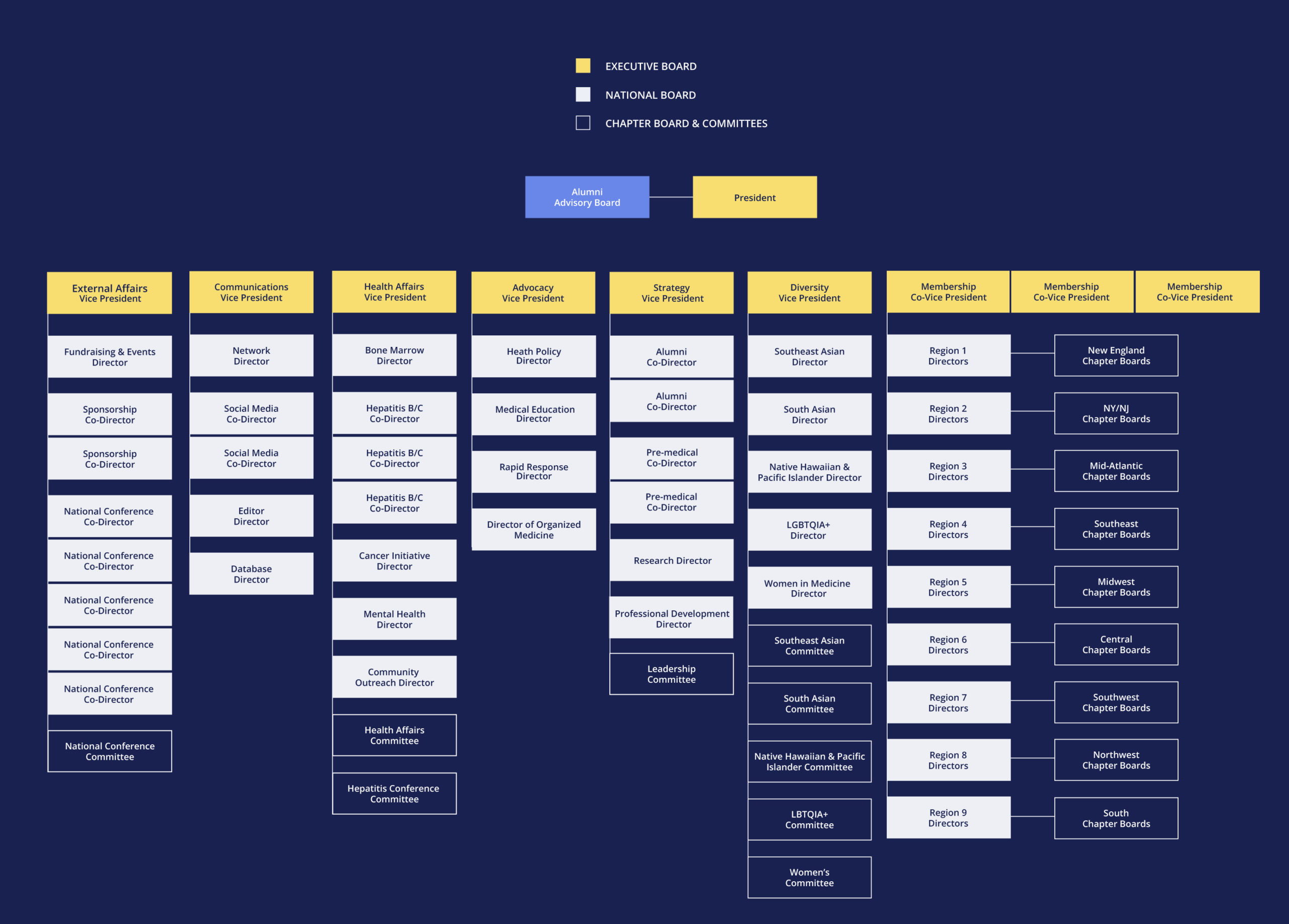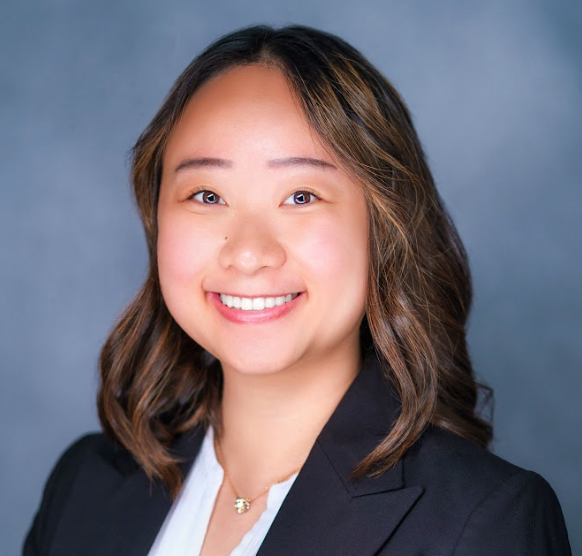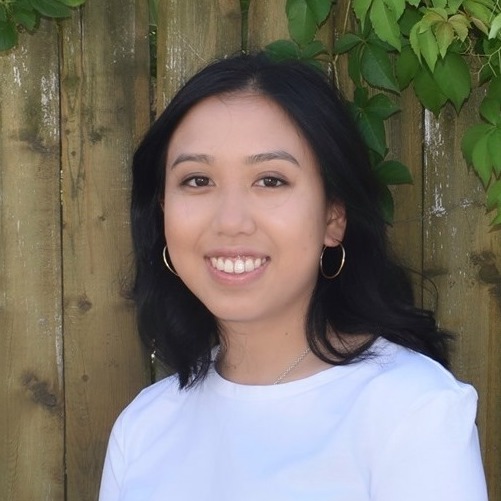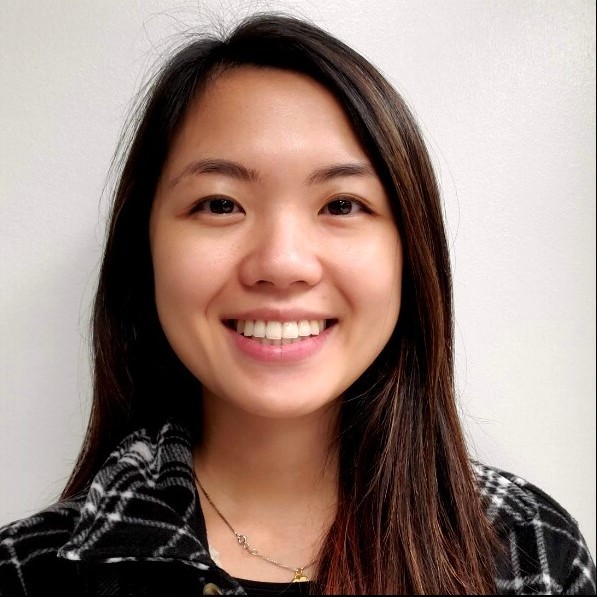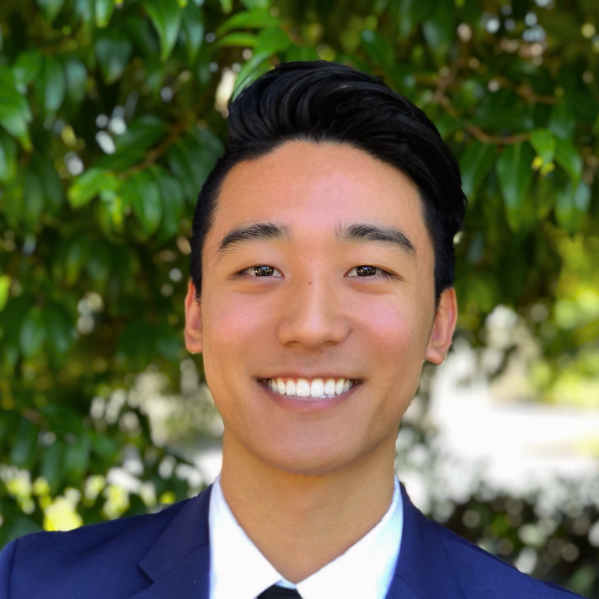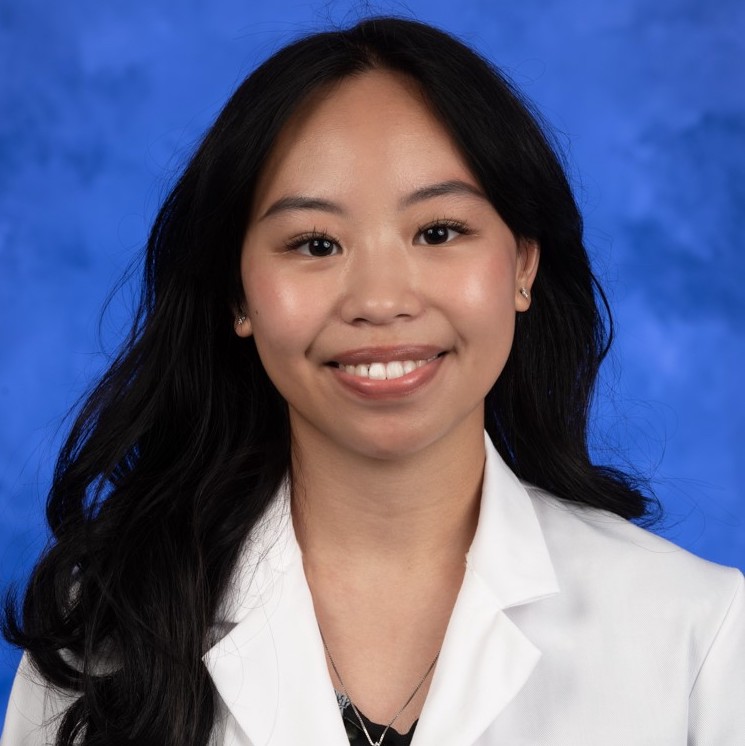Maya (“Asami”) Takagi, Bone Marrow Director

Network Director
Hello, my name is Maya “Asami” Takagi and I am a MD student at Central Michigan University College of Medicine. I serve as the 2023-24 APAMSA Bone Marrow Director. During medical school, I served as CMED’s APAMSA chapter president and a committee member on APAMSA’s hepatitis conference for two conferences. I have also been involved in various teaching and mentoring activities, as well as patient education research. Before medical school, I received a Bachelor’s in Molecular and Cell Biology with an emphasis in Biochemistry, and a minor in K-12 STEM education. In addition, I worked as a junior specialist in a genomics lab at UCSF, where I utilized CRISPR/Cas9 screening techniques to investigate mammalian regulatory elements. In my free time, I enjoy arts and crafts, cooking, and creating digital art.
2023-2024 National Board
Executive Board
Communications VP

KerCheng Chen
She/Her/Hers
SUNY Downstate College of Medicine
Nothing found.
External Affairs VP

Suzanna Tom
She/Her/Hers
University of South Florida
Morsani College of Medicine
Nothing found.
Health Affairs VP

Ming Lin
He/Him/His
Medical College of Wisconsin
Nothing found.
Strategy VP

Victoria Shi
She/Her/Hers
University of Missouri-
Kansas City (UMKC)
Nothing found.
Diversity VP
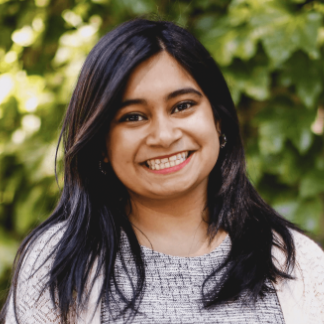
Syeda Akila Ally
Diversity Vice President
University of Illinois
College of Medicine – Chicago
Nothing found.
Membership Co-VP

Amelia Huynh
She/Her/Hers
Pacific Northwest University
of Health Sciences
Nothing found.
Membership Co-VP
.

Jessica Hsueh
She/Her/Hers
Georgetown University School of Medicine
Nothing found.
Immediate Past
President

Donna Tran
She/Her/Hers
Michigan State University
College of Human Medicine
Nothing found.
Branch Directors
Health Policy
Director

Sarah Kim
She/Her/Hers
Stanford University
Nothing found.
AANHPI Advocacy
Director

John P. Lee
He/Him/His
Pennsylvania State University
Nothing found.
Rapid Response
Director

Eric Kim
He/Him/His
NYU Grossman SOM
Nothing found.
Director of Organized
Medicine

Zheng Hong Tan
He/Him/His
University of Connecticut SOM
Nothing found.
Network Director
.

Tracy Gao
She/Her/Hers
Sidney Kimmel Medical College
Nothing found.
Database Director
.

Kirsten Nguyen
She/Her/Hers
Vanderbilt University SOM
Nothing found.
Social Media
Co-Director

Ashley Tam
She/Her/Hers
Oregon Health & Science University
Nothing found.
Editor Director

Xueying Zheng
She/Her/Hers
University of Nevada,
Reno School of Medicine
Nothing found.
Native Hawaiian &
Pacific Islander Director

Piueti Maka
She/Her/Hers
John A. Burns School of Medicine
Nothing found.
South Asian
Director
.

Hersh Gupta
He/Him/His
Albert Einstein College of Medicine
Nothing found.
Southeast Asian
Director
.

Sandra Kumwong
She/Her/Hers
Touro College of Osteopathic Medicine At Harlem
Nothing found.
LGBTQIA+
Director
.

Michael Nguyen
He/Him/His
Sidney Kimmel Medical College
.
Nothing found.
Women in Medicine
Director

Sonia Scallon
She/Her/Hers
Albany Medical College
Nothing found.
Sponsorship
Co-Director

Yichen (Wendy) Fan
She/Her/Hers
Oregon Health & S
cience University
Nothing found.
Sponsorship
Co-Director

Jessica Ngo
She/Her/Hers
University of Texas
Medical Branch
Nothing found.
Fundraising &
Events Director

Nothing found.
Community Outreach
Director

Alexander Le
He/Him/His
Texas A&M School of Medicine
Nothing found.
Cancer Initiative
Director

Rachel Kim
She/Her/Hers
Lake Erie College of
Osteopathic Medicine
Nothing found.
Bone Marrow
Director

Maya (“Asami”) Takagi
She/Her/Hers
Central Michigan University
College of Medicine
Nothing found.
Mental Health
Director

Karen Qi
She/Her/Hers
Johns Hopkins
School of Medicine
Nothing found.
Hepatitis B & C
Co-Director

Jay Lee
He/Him/His
A.T. Still University School of
Osteopathic Medicine in Arizona
Nothing found.
Hepatitis B & C
Co-Director

Jane Park
She/Her/Hers
Western University of Health Sciences
College of Osteopathic Medicine
hepatitis@apamsa.org
Nothing found.
Hepatitis B & C
Co-Director

Christopher Huy Doan
He/Him/His
John Sealy School of Medicine at
the University of Texas Medical Branch
Nothing found.
Alumni Co-Director

Victoria Cegielski
She/Her/Hers
University of Missouri-Kansas
City School of Medicine
Nothing found.
Alumni Co-Director

Jerry Cui
He/Him/His
The Ohio State University
College of Medicine
Nothing found.
Premed Co-Director

Tori Nguyen
She/Her/Hers
University of California,
Irvine School of Medicine
Nothing found.
Premed Co-Director

Ellis Jang
She/Her/Hers
California Northstate University
College of Medicine
Nothing found.
Academic
Education & Research
Director

Janet Guo
She/Her/Hers
Warren Alpert Medical
School of Brown University
Nothing found.
Professional Development
Director

Reanna Doña-Termine
She/Her/Hers
Albert Einstein College of Medicine
Nothing found.
Membership Regional Directors

Dennis Dea
He/Him/His
University of Vermont Larner
College of Medicine
Nothing found.
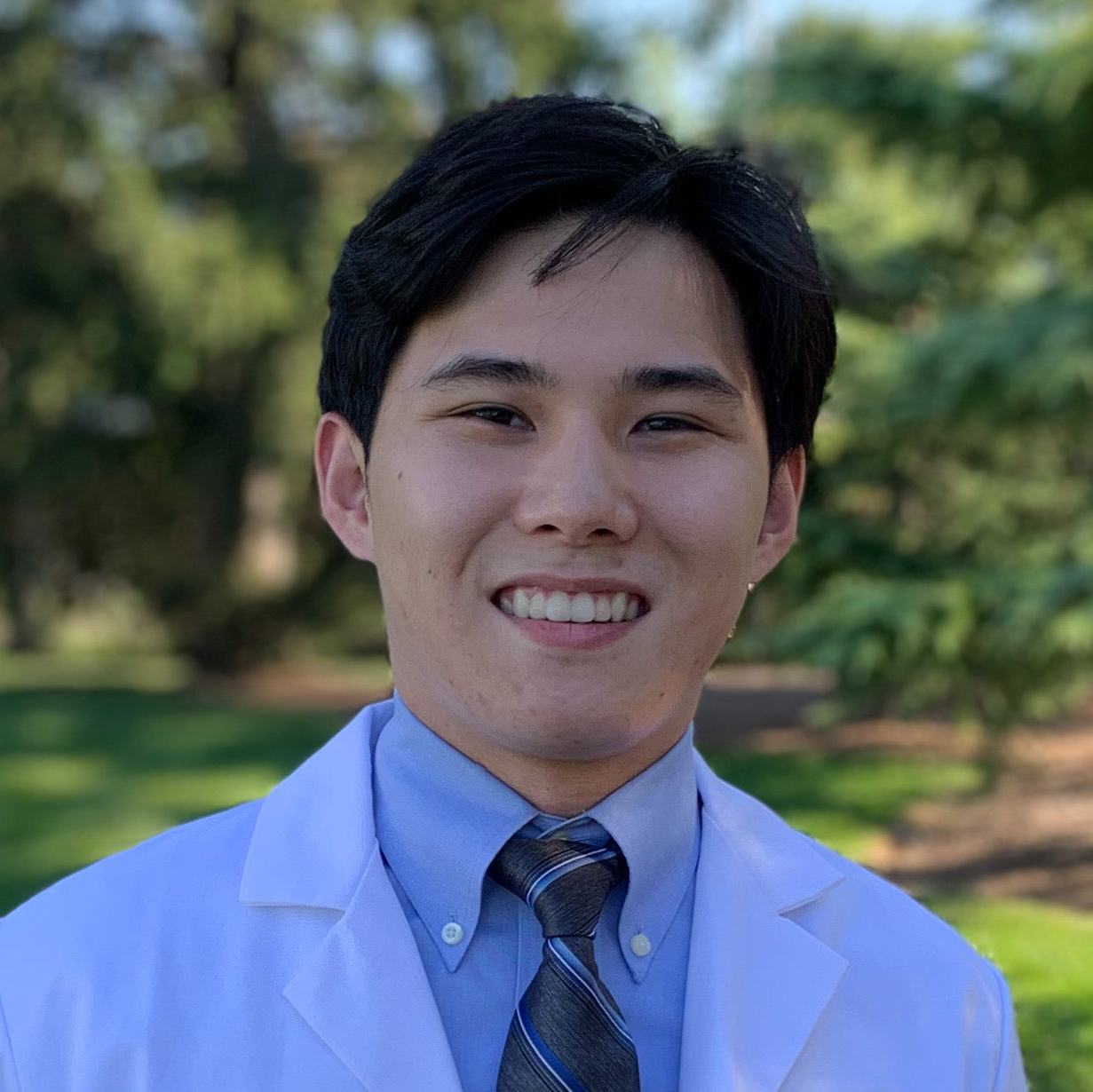
Matthew Ho
He/Him/His
Zucker School of Medicine
at Hofstra/Northwell
Nothing found.
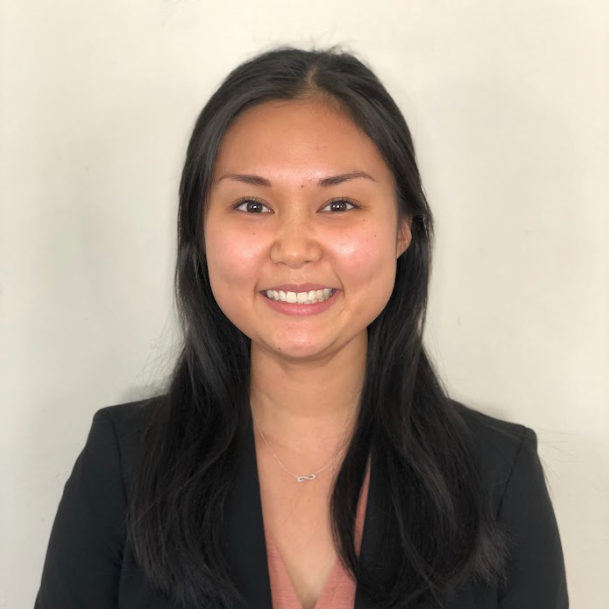
Wendy Yang
She/Her/Hers
University of South Carolina
School of Medicine Greenville
Nothing found.

Erika Nguyen
She/Her/Hers
Wright State University
Boonshoft School of Medicine
Nothing found.

Chloe Amsterdam
She/Her/Hers
The Ohio State University
College of Medicine
Nothing found.

Christian Abenes
He/Him/His
University of Kansas
School of Medicine
Nothing found.

Lyndon Bui
He/Him/His
University of Arizona
College of Medicine, Phoenix
Nothing found.

Ameryl Loi
She/Her/Hers
University of California,
Irvine School of Medicine
Nothing found.

Christine Nguyen
She/Her/Hers
Pacific Northwest University
of Health Sciences
Nothing found.

Cindy Hu
She/Her/Hers
Texas Tech University
Health Sciences Center
School of Medicine
Nothing found.

Nothing found.

Jerry Yin
He/Him/His
University of Texas Health
Science Center at Houston,
McGovern Medical School
Nothing found.
Committee Members
Bayley Brennan
She/Her/Hers
University of Arizona College of Medicine – Phoenix
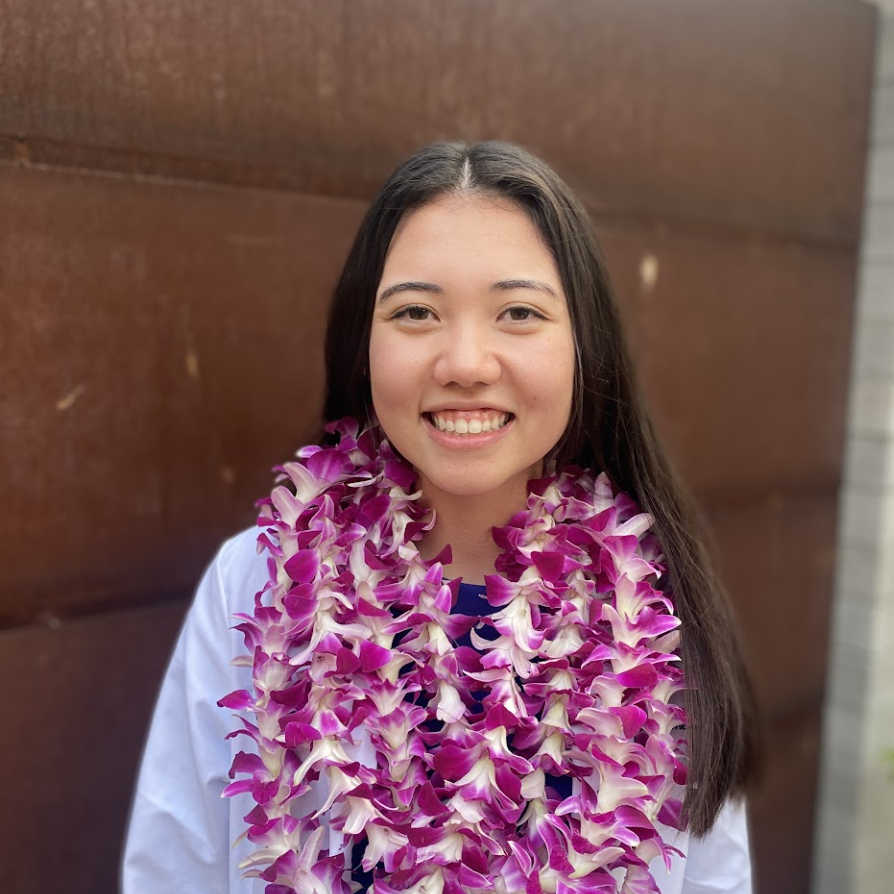
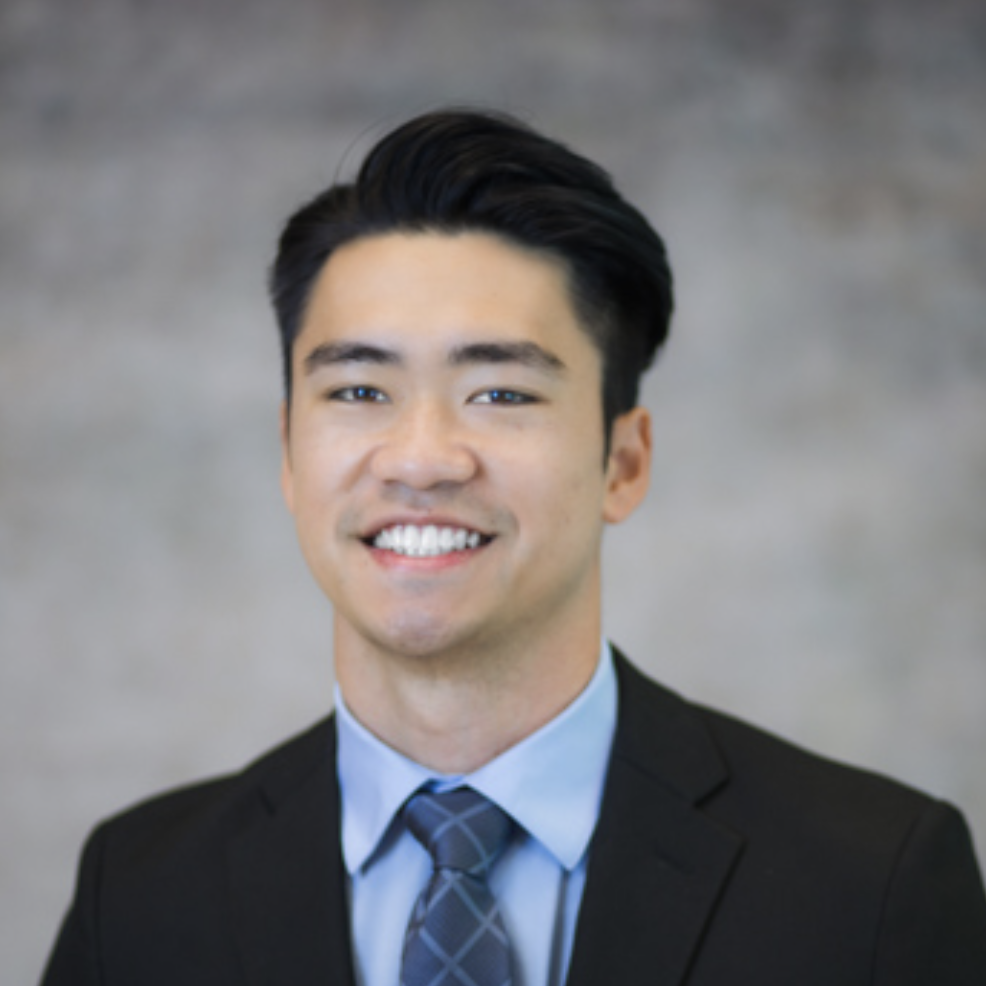
Makoa Mau
He/Him/His
John A. Burns School of Medicine at University of Hawaii
Peggy Su
She/Her/Hers
John A. Burns School of Medicine at University of Hawaii
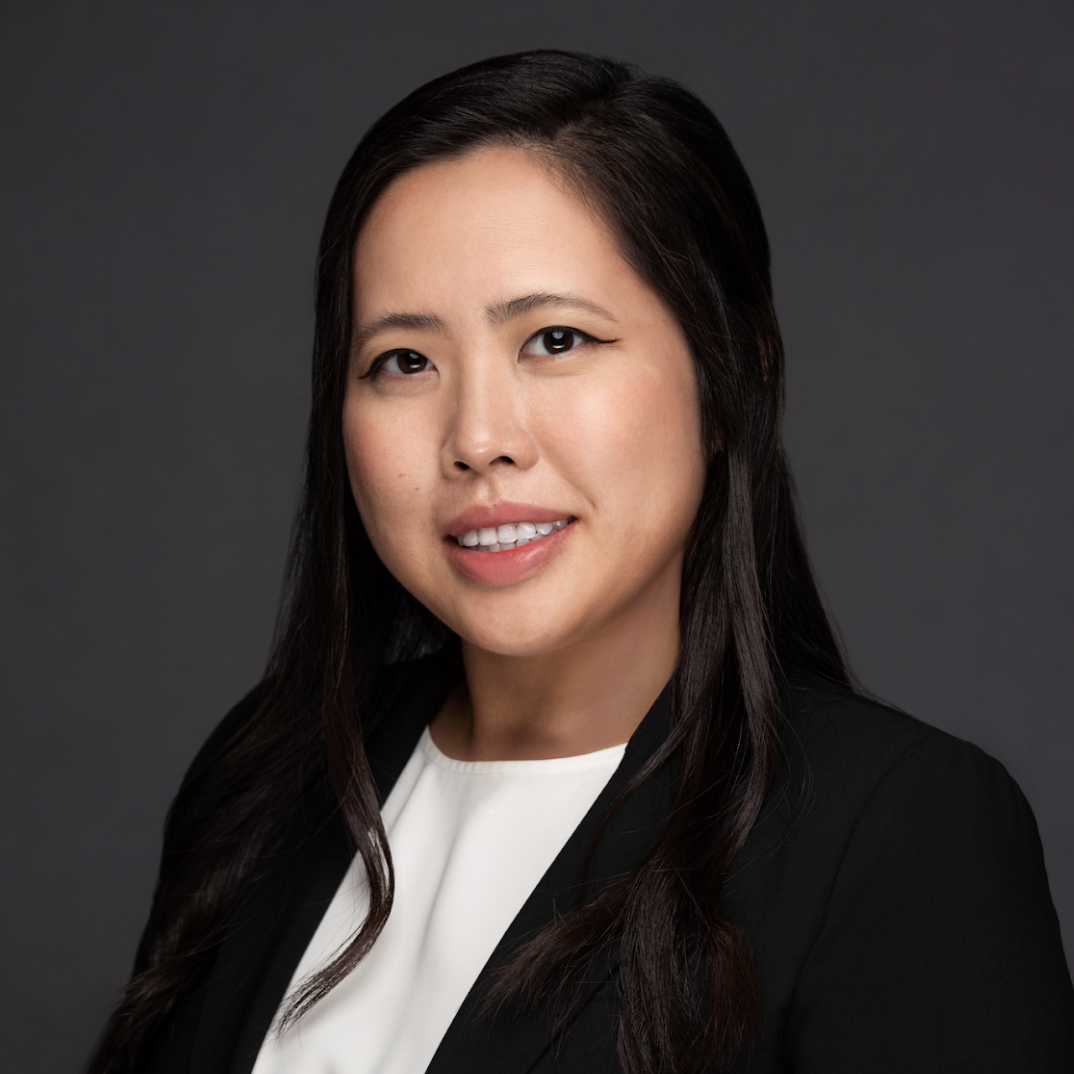
Gautami Galpalli
She/Her/Hers
Southern Illinois University

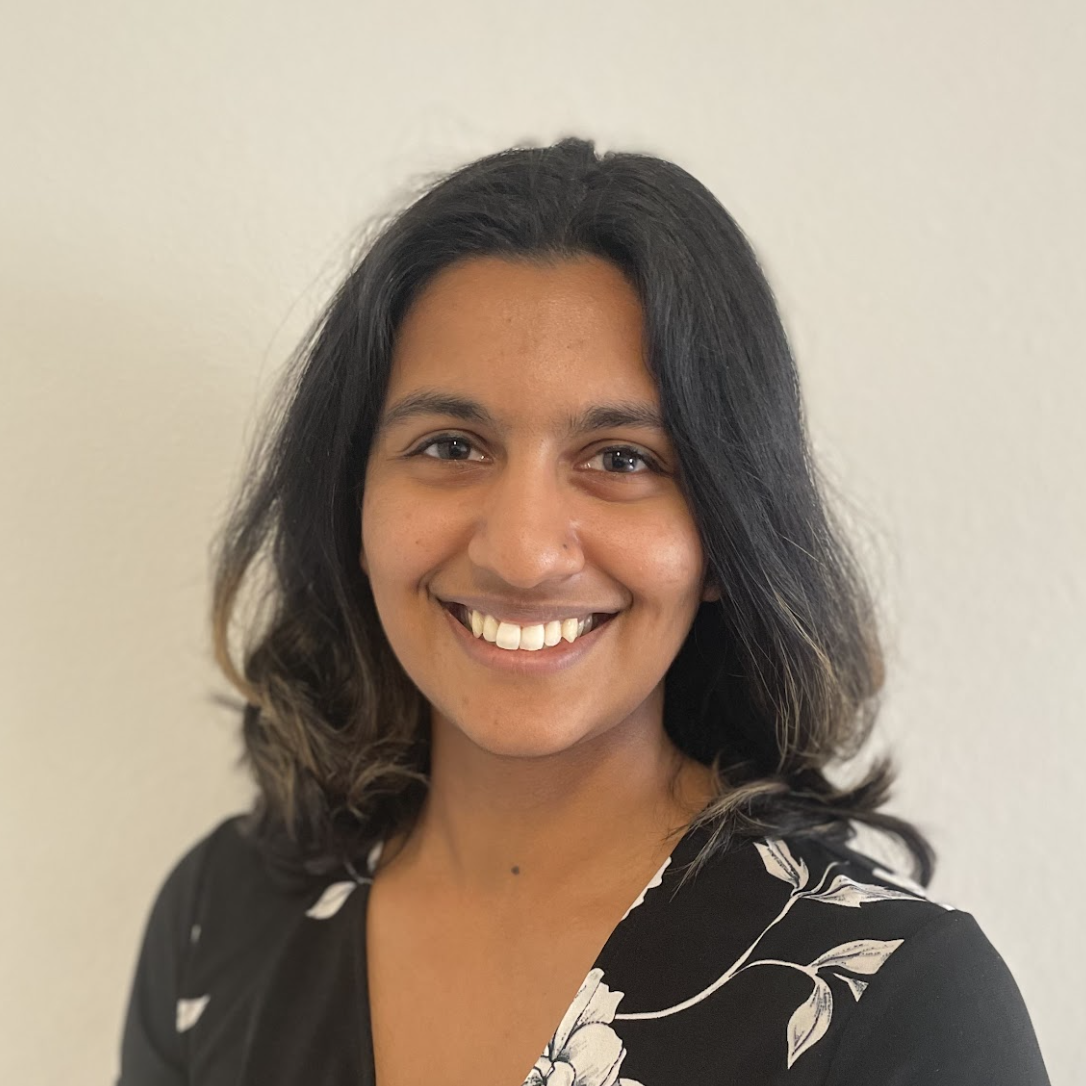
Shivani Sundaram
She/Her/Hers
Keck School of Medicine of USC
Sandra Kong
She/Her/Hers
Johns Hopkins School of Medicine
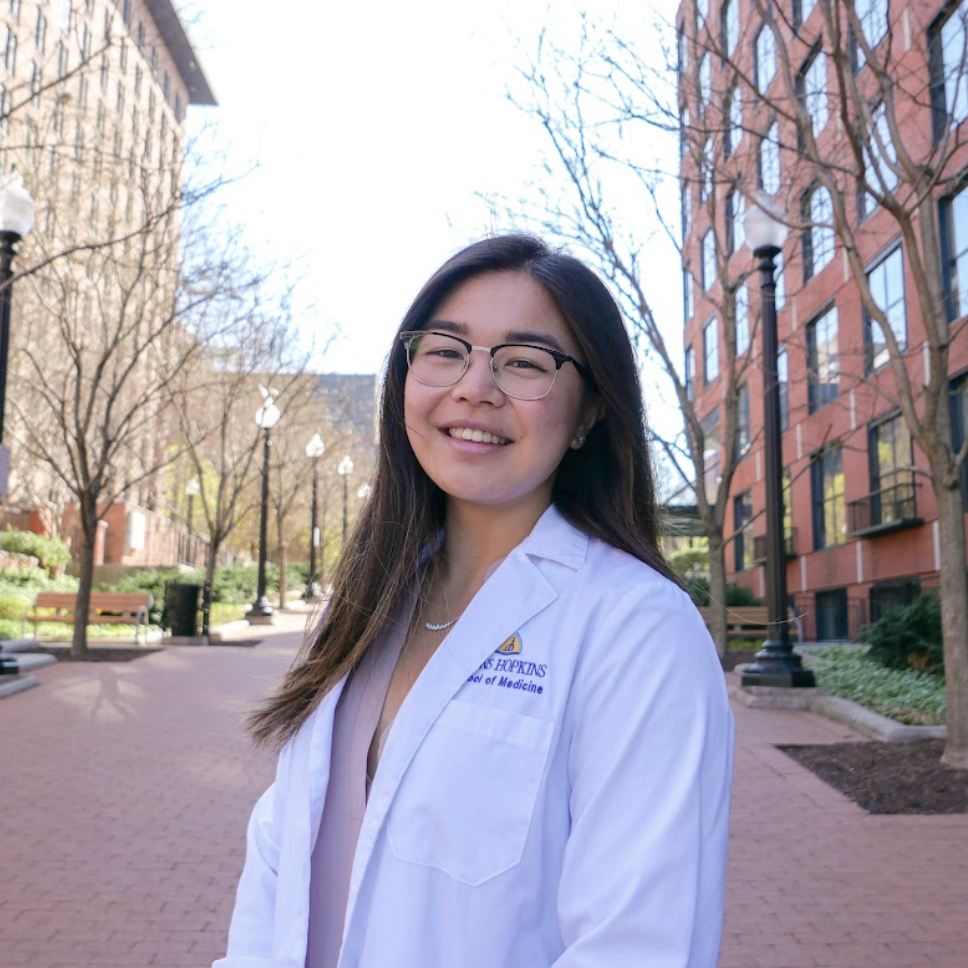
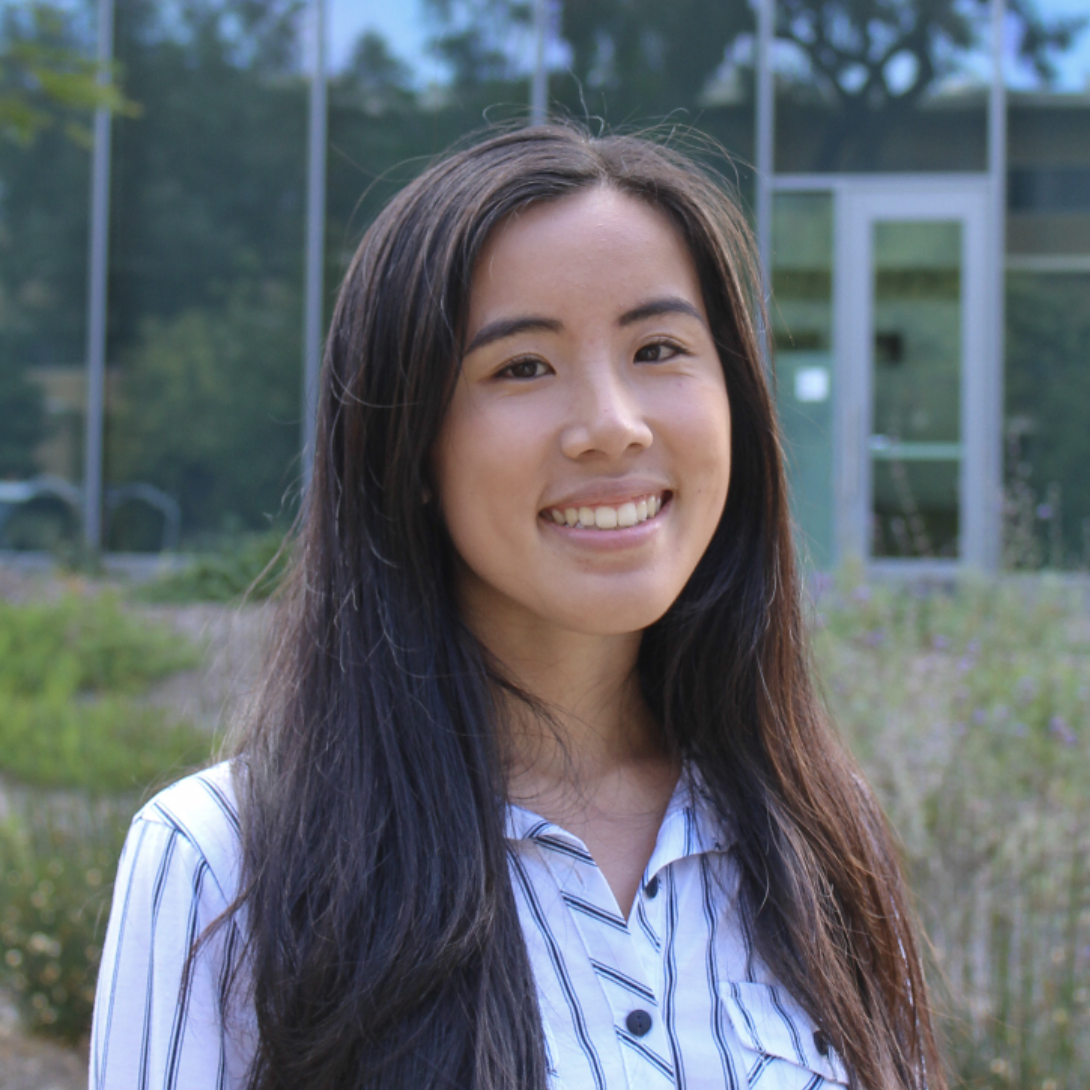
Tiffany Chu
She/Her/Hers
Creighton University School of Medicine
Kimsa Nguyen
She/Her/Hers
California Health Sciences University


Edmund Pacleb
He/Him/His
A. T. Still University School of Osteopathic Medicine in Arizona
Anne Nguyen
She/Her/Hers
New York Medical College
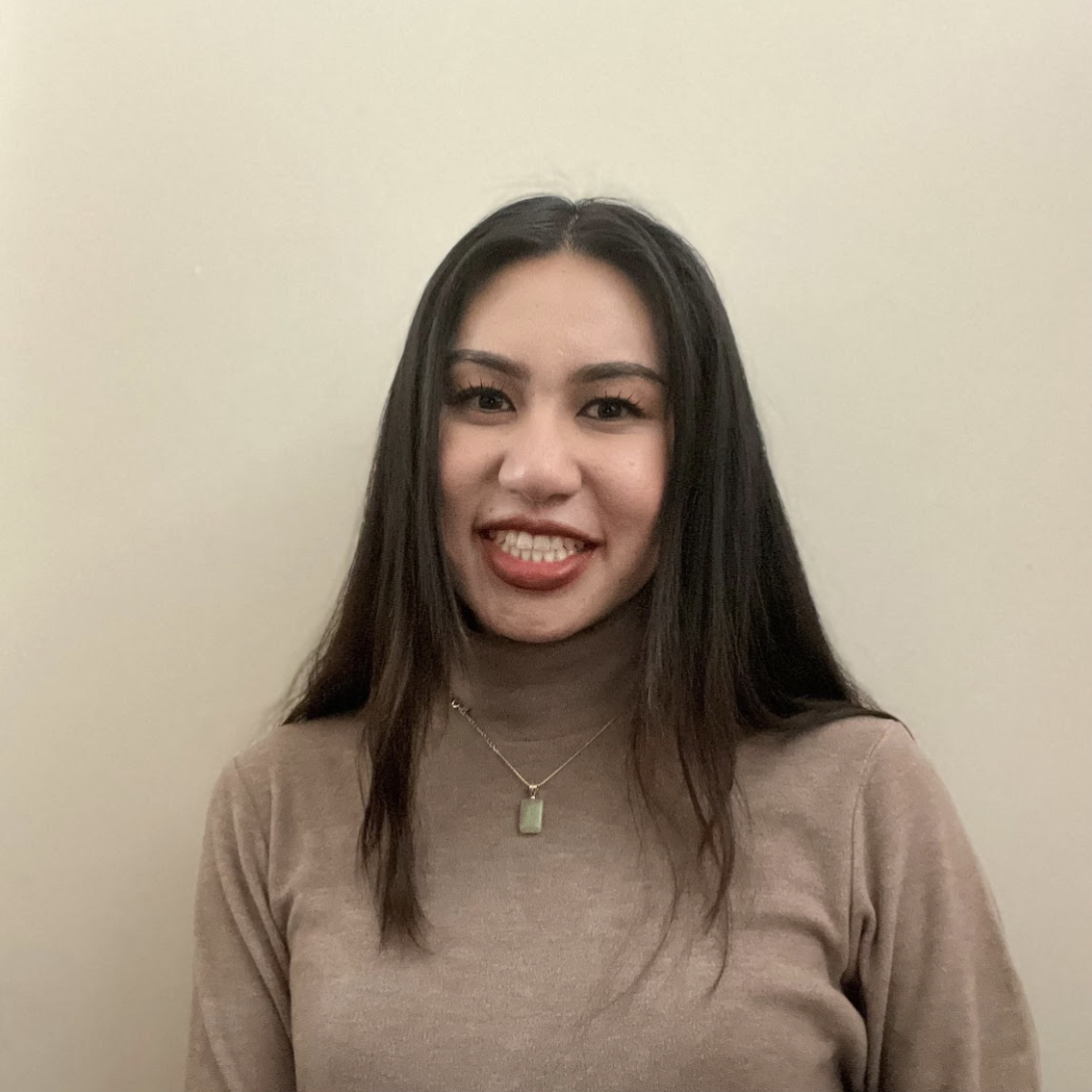
Zezhou (Zach) Zhao
He/Him/His
Harvard Medical School
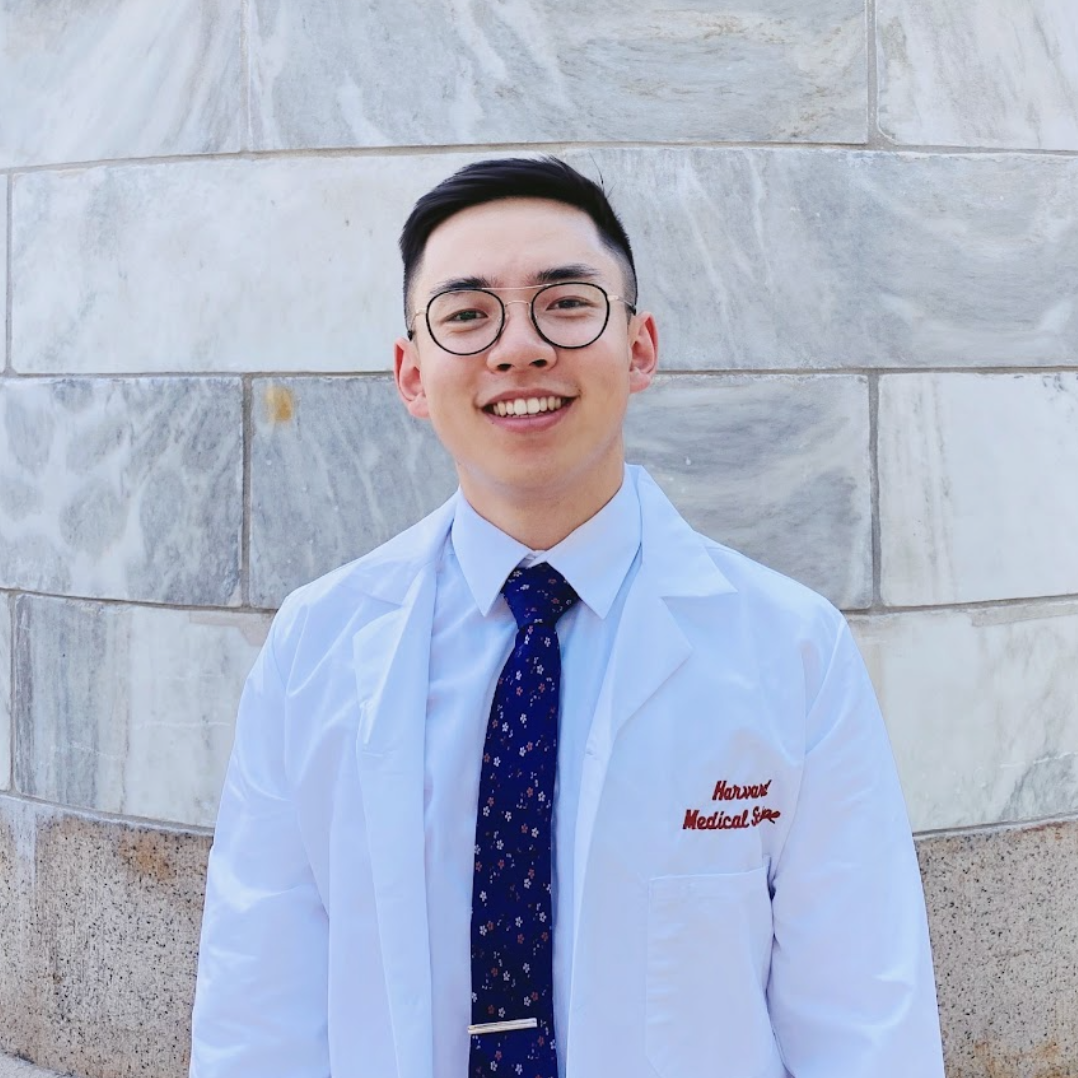
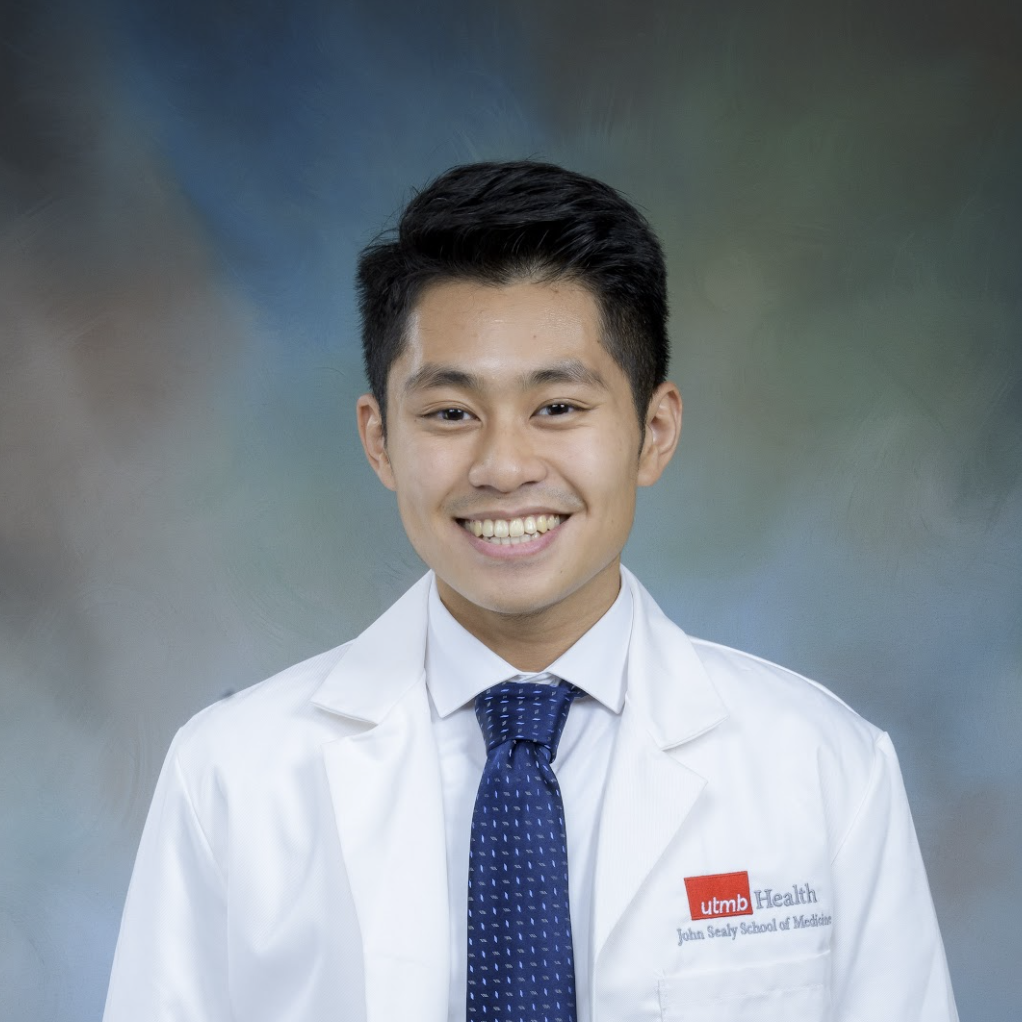
Johnny Dang
He/Him/His
UTMB John Sealy School of Medicine
Kevin Ku
He/Him/His
Texas Christian University
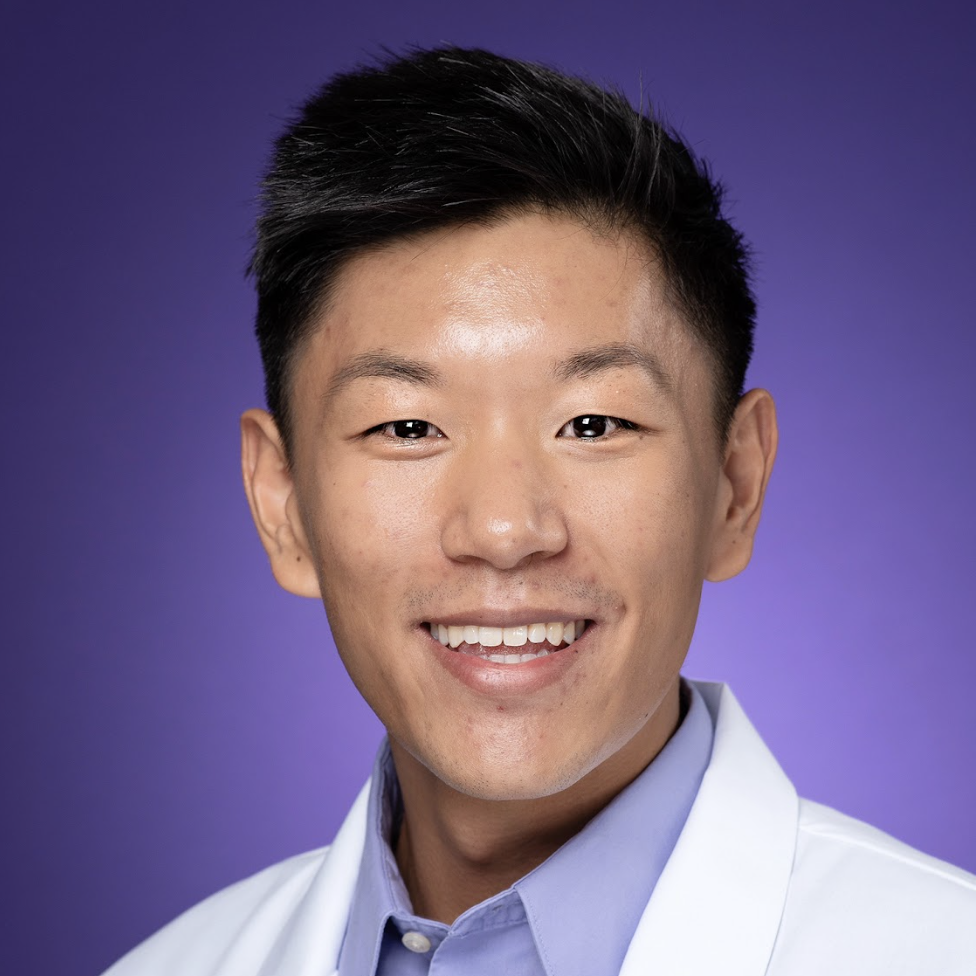
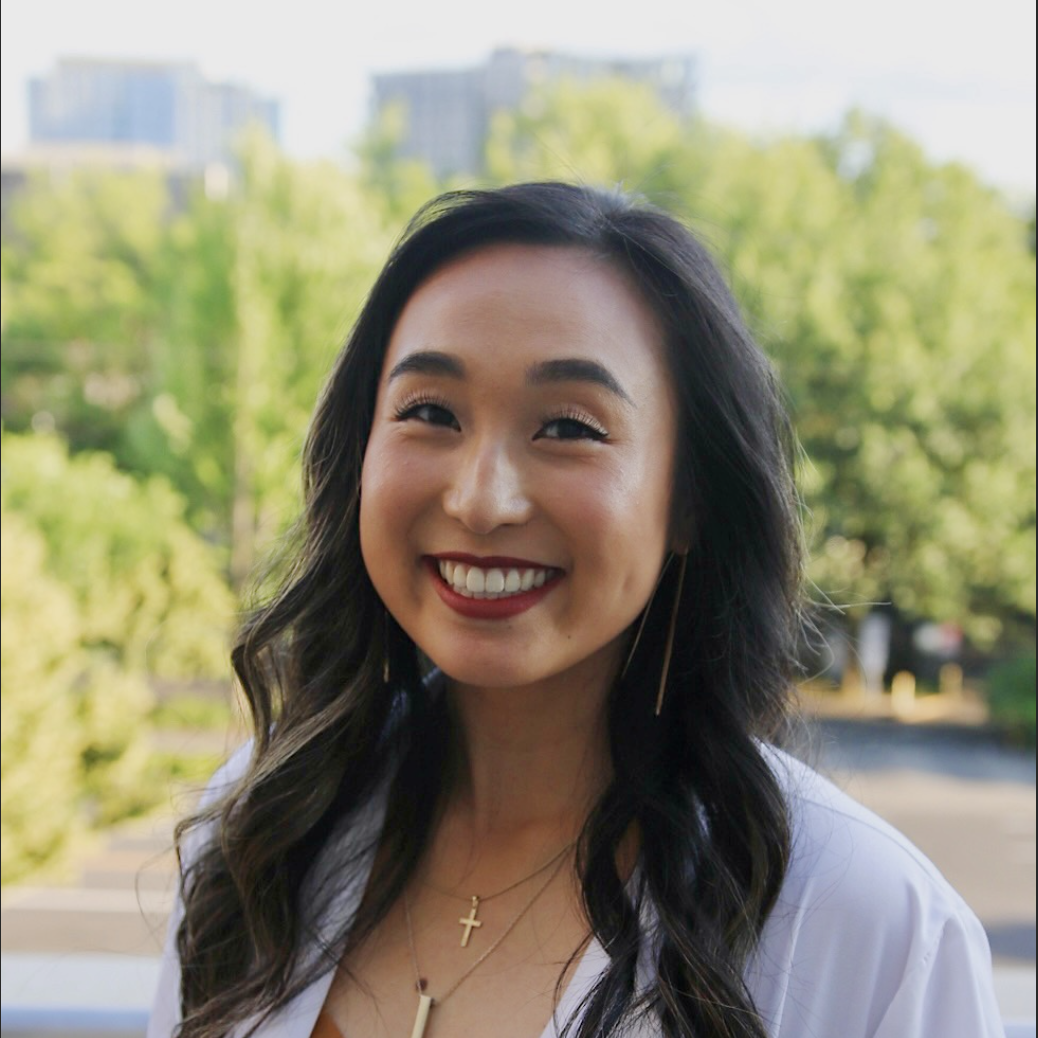
Lisa Kumasaka
She/Her/Hers
Oregon Health & Science University
Jennifer Du
She/Her/Hers
Vanderbilt University School of Medicine
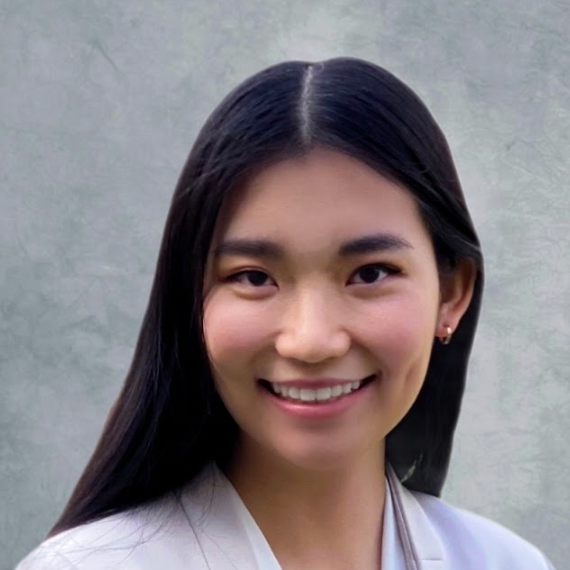
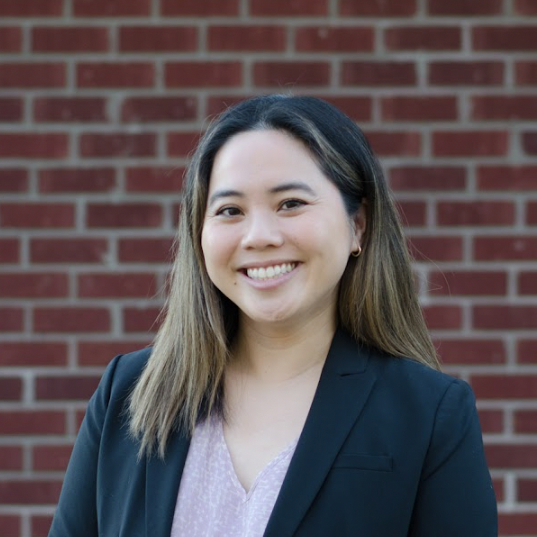
Thao Le
She/Her/Hers
Michigan State University, College of Human Medicine
Judy Le
She/Her/Hers
University of Wisconsin School of Medicine and Public Health
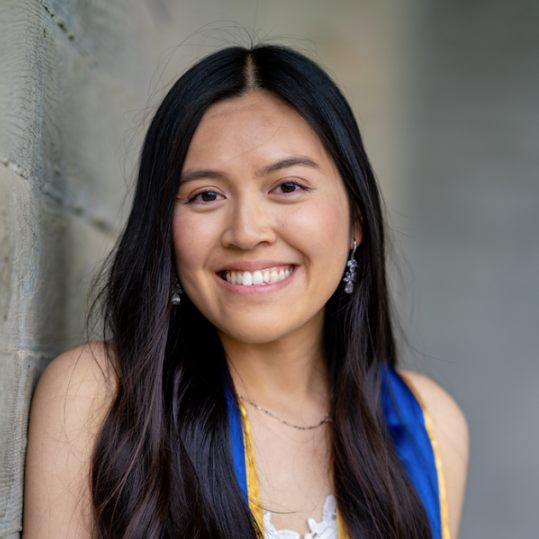
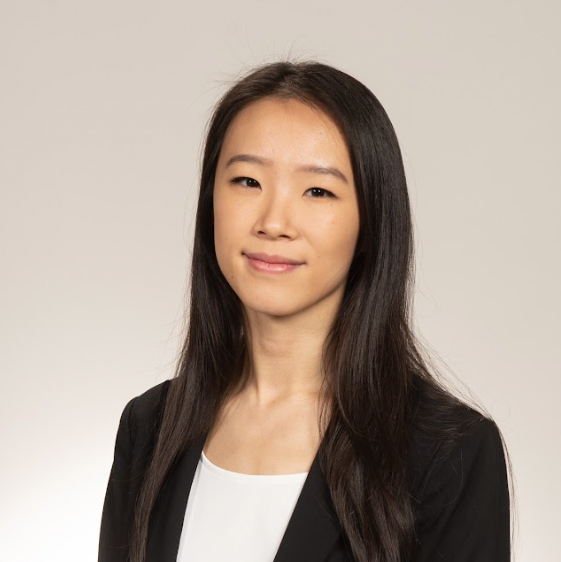
Teresa (Si Ja) Liu
She/Her/Hers
Philadelphia College of Osteopathic Medicine
Barbara Nguyen
She/Her/Hers
Western University of Health Sciences – Pomona
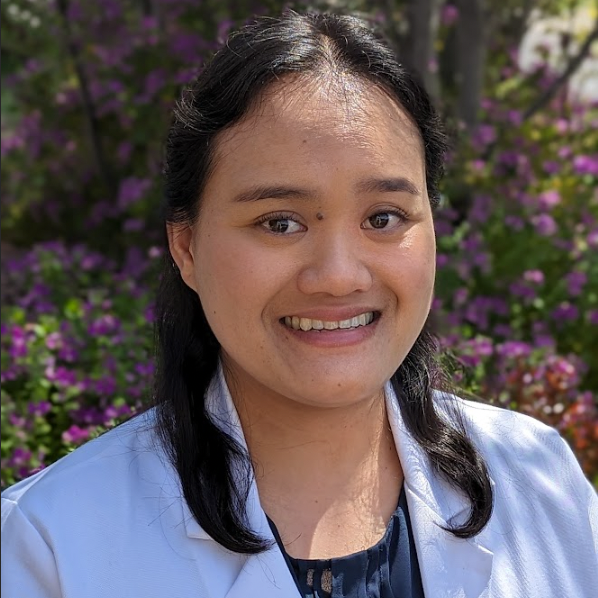
Jess Qu
She/Her/Hers
Mayo Clinic Alix School of Medicine
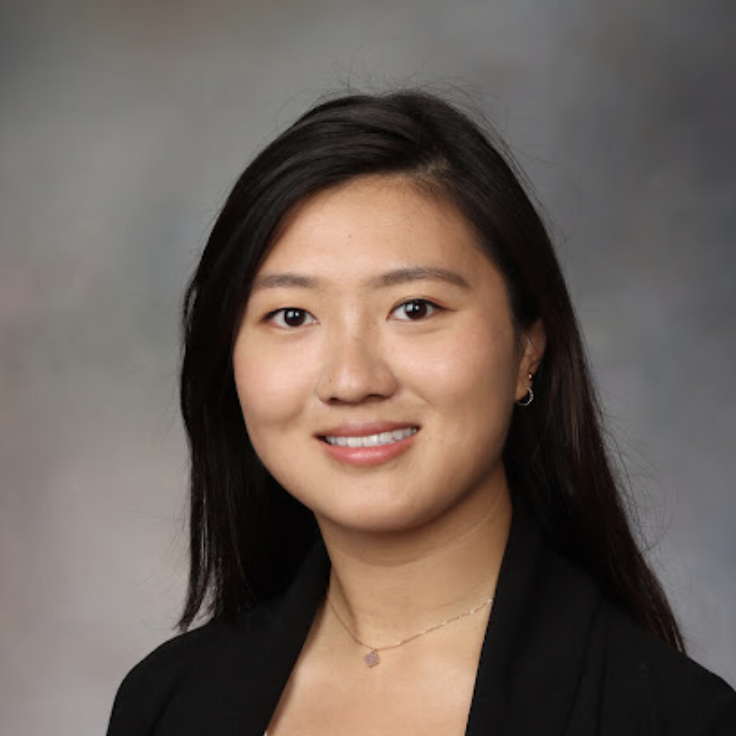
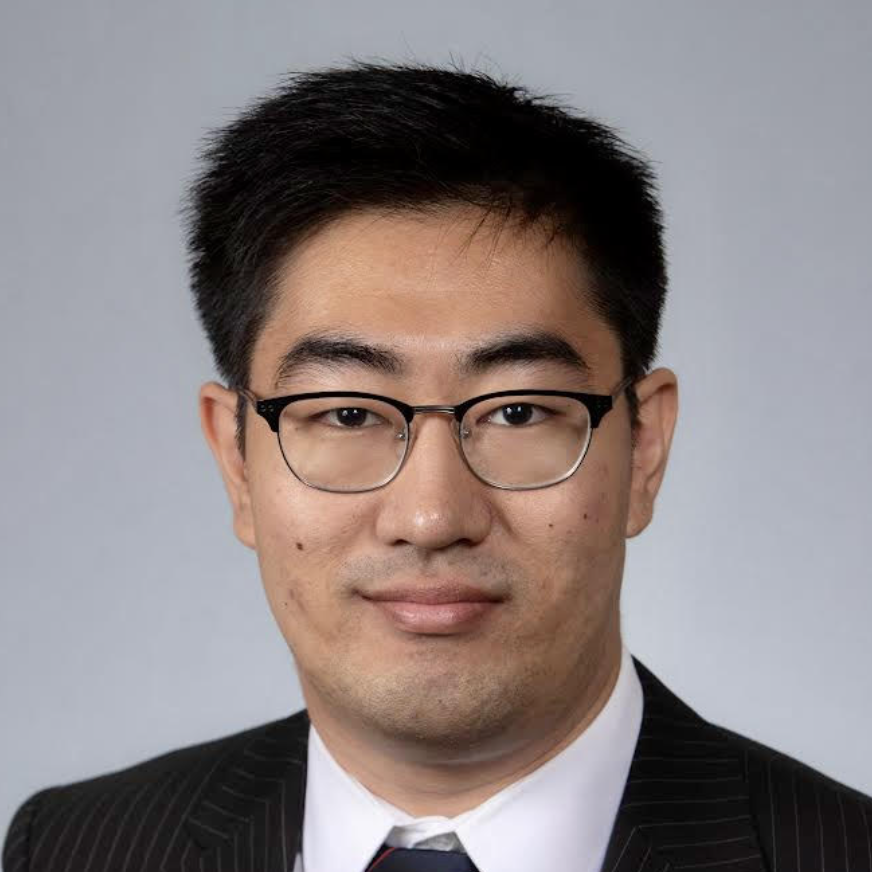
Genichiro Fujioka
He/Him/His
Texas A&M School of Medicine
Annie Nguyen
She/Her/Hers
Stanford University
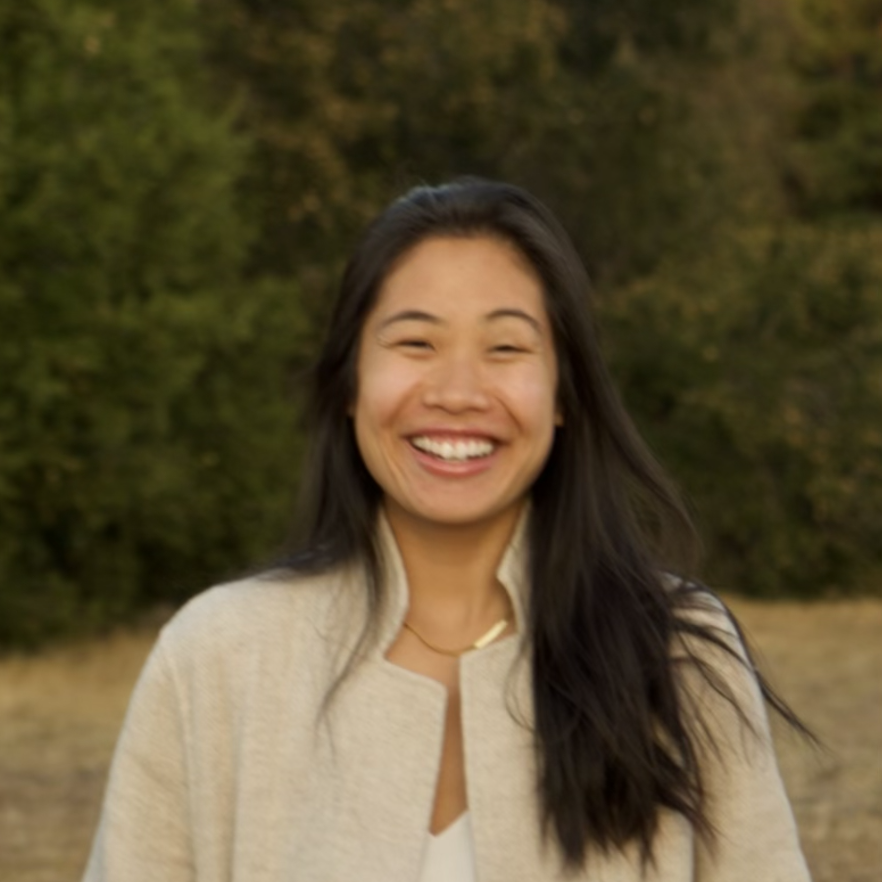

Mia Park
She/Her/Hers
MSU College of Human Medicine
Brandon Park
He/Him/His
University of Missouri-Kansas City (UMKC) School of Medicine
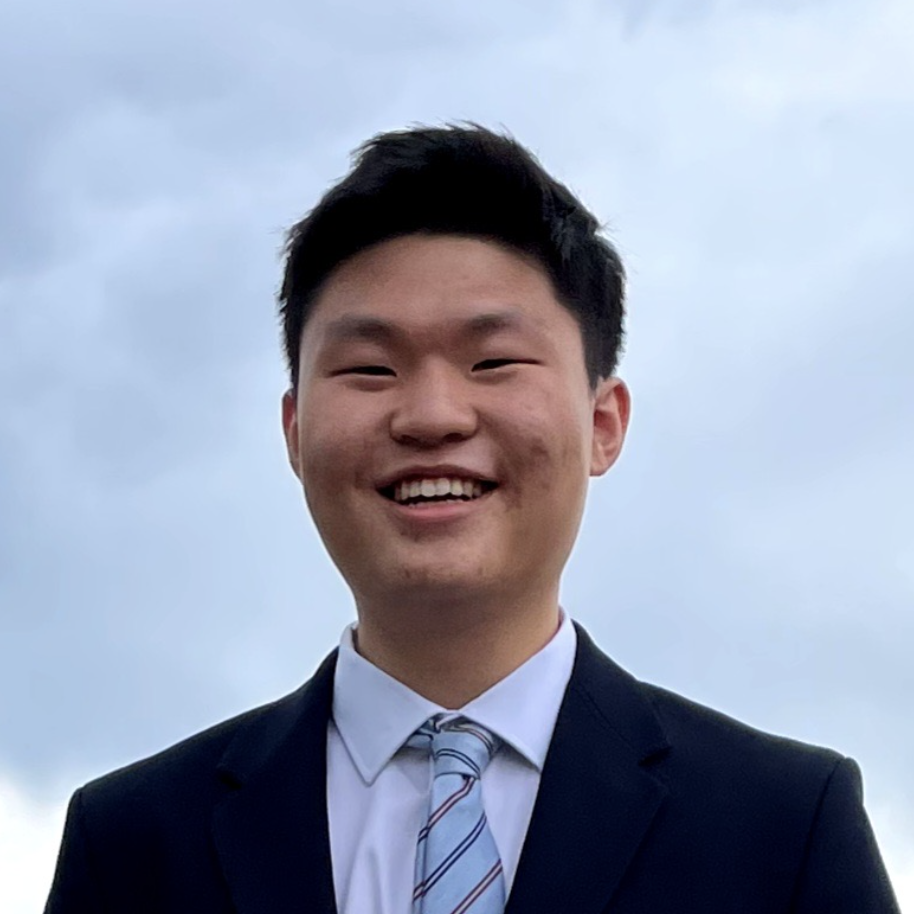
Roland Yu
He/Him/His
John Sealy School of Medicine at the University of Texas Medical Branch
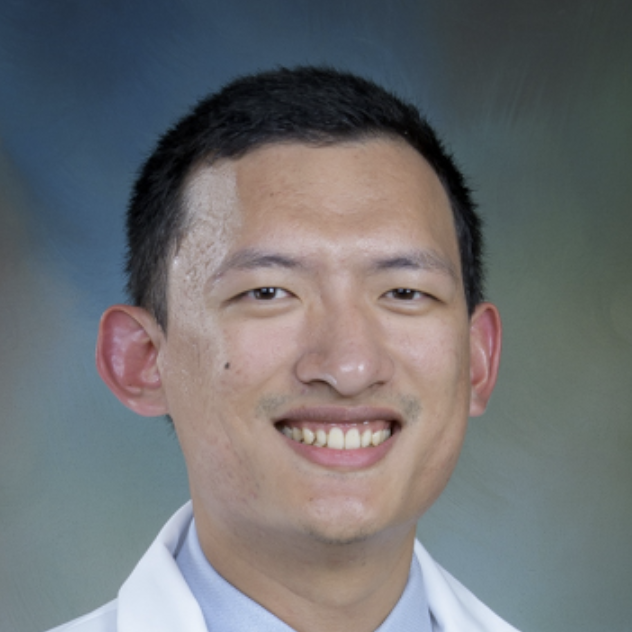
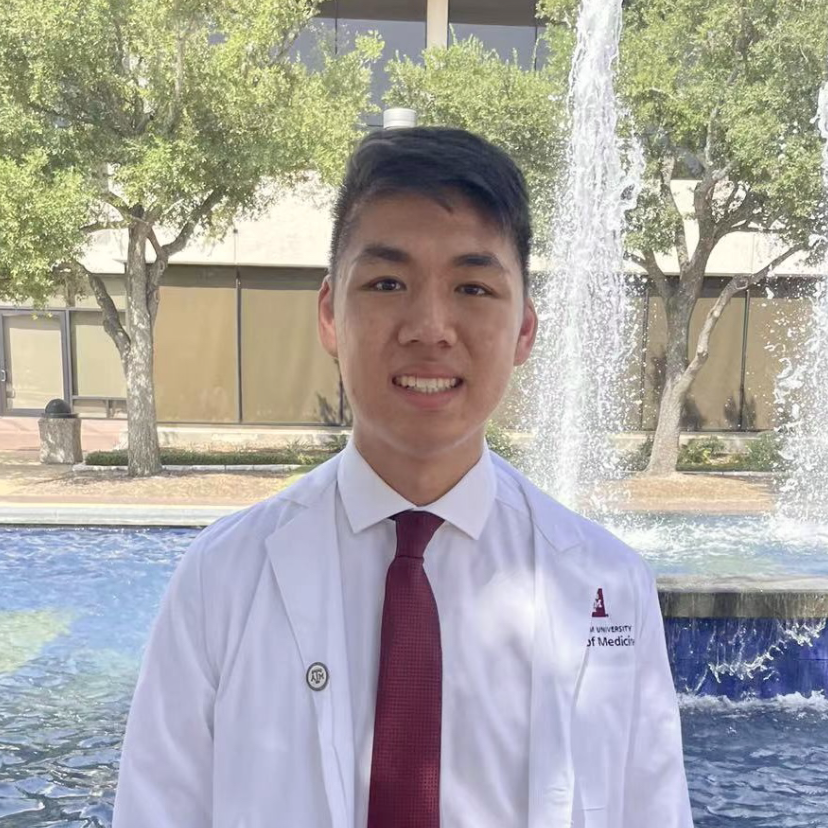
Jerry Liu
He/Him/His
Texas A&M School of Medicine
Sana Suhail
She/Her/Hers
University of Texas Health Science Center, San Antonio

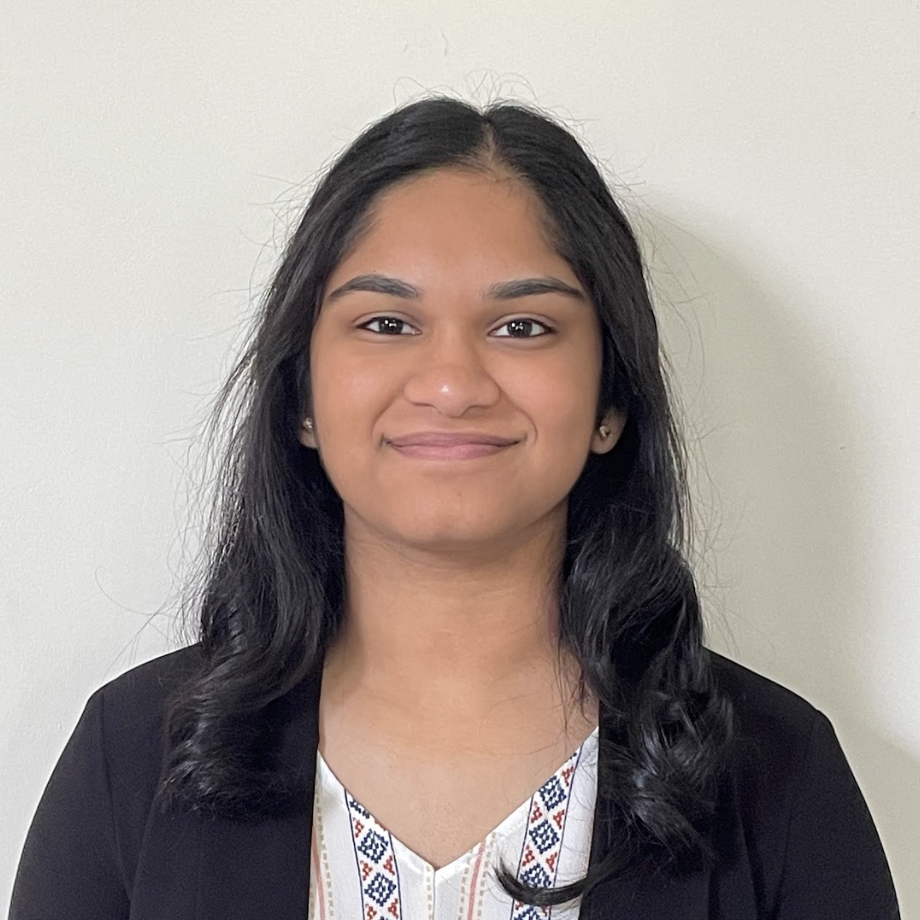
Neha Potta
She/Her/Hers
University of Missouri Kansas City
Samantha Xing
She/Her/Hers
Columbia VP&S
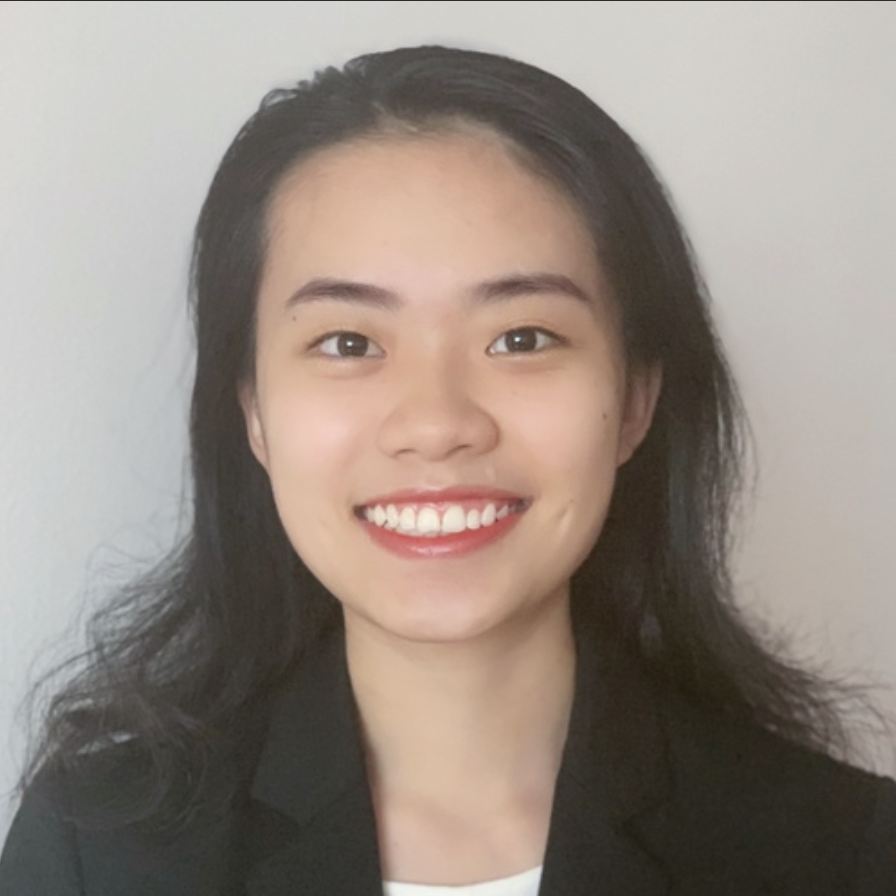
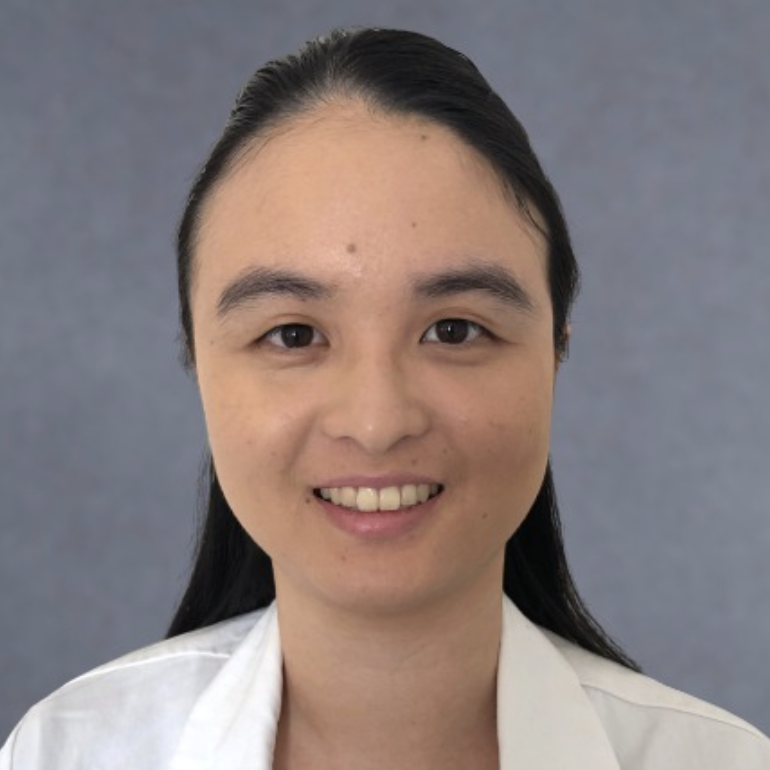
Jane Tian
She/Her/Hers
St. George’s University School of Medicine
Vicky Lam
She/Her/Hers
California University of Science and Medicine
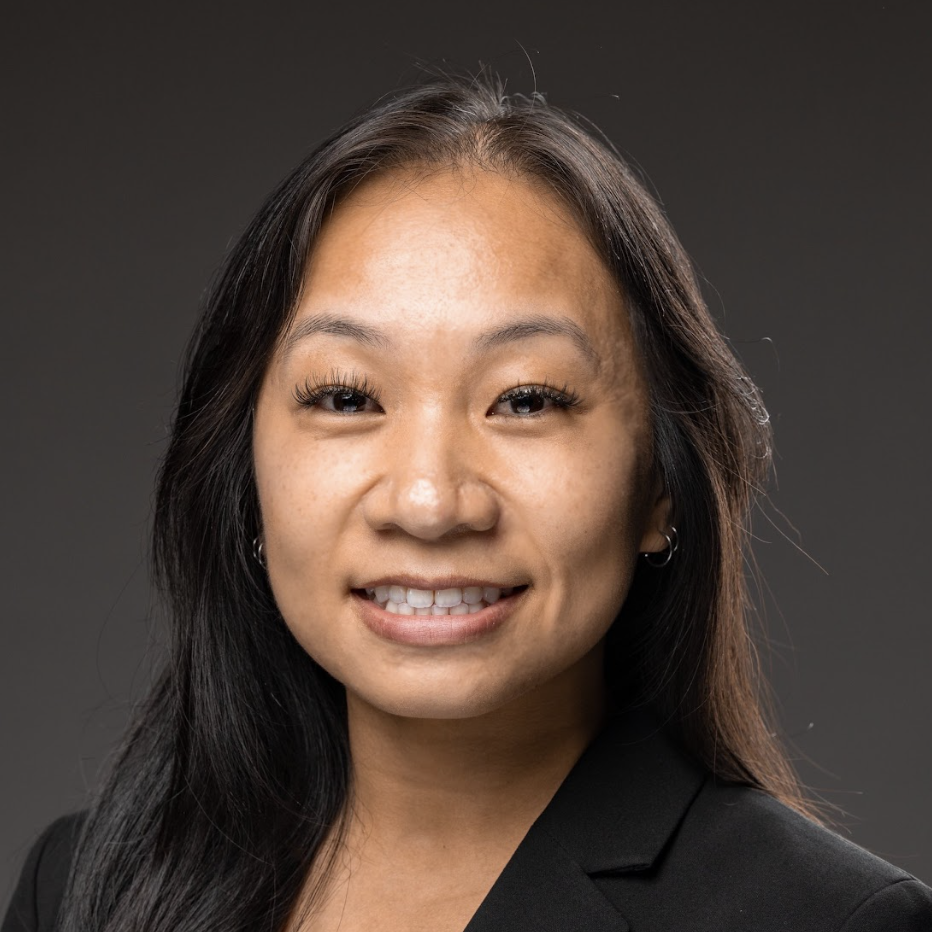
Megan Jiao
She/Her/Hers
McGovern Medical School
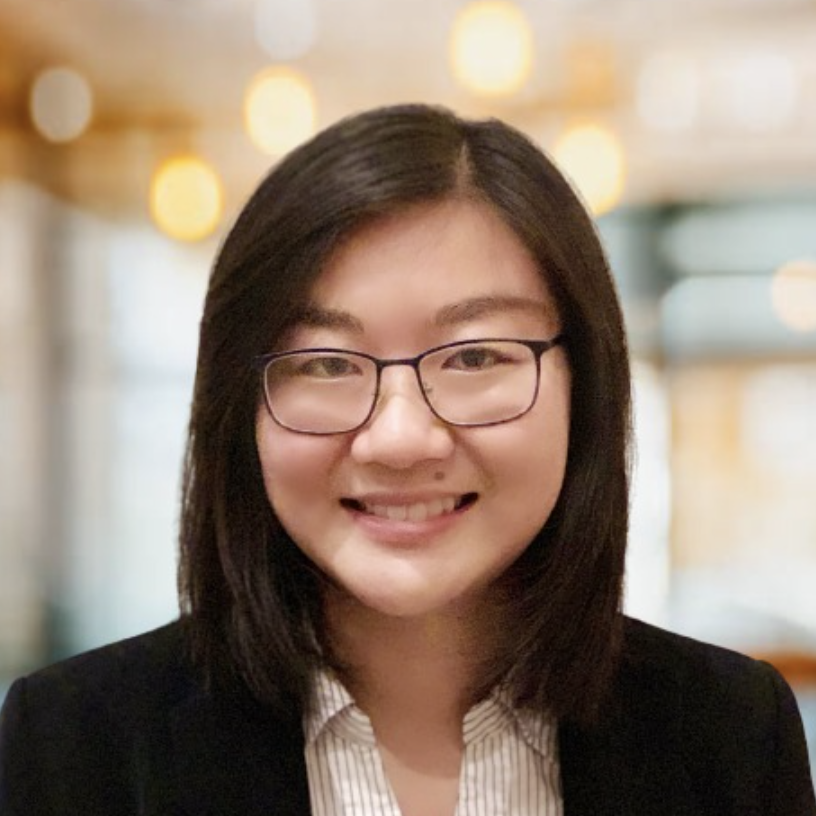
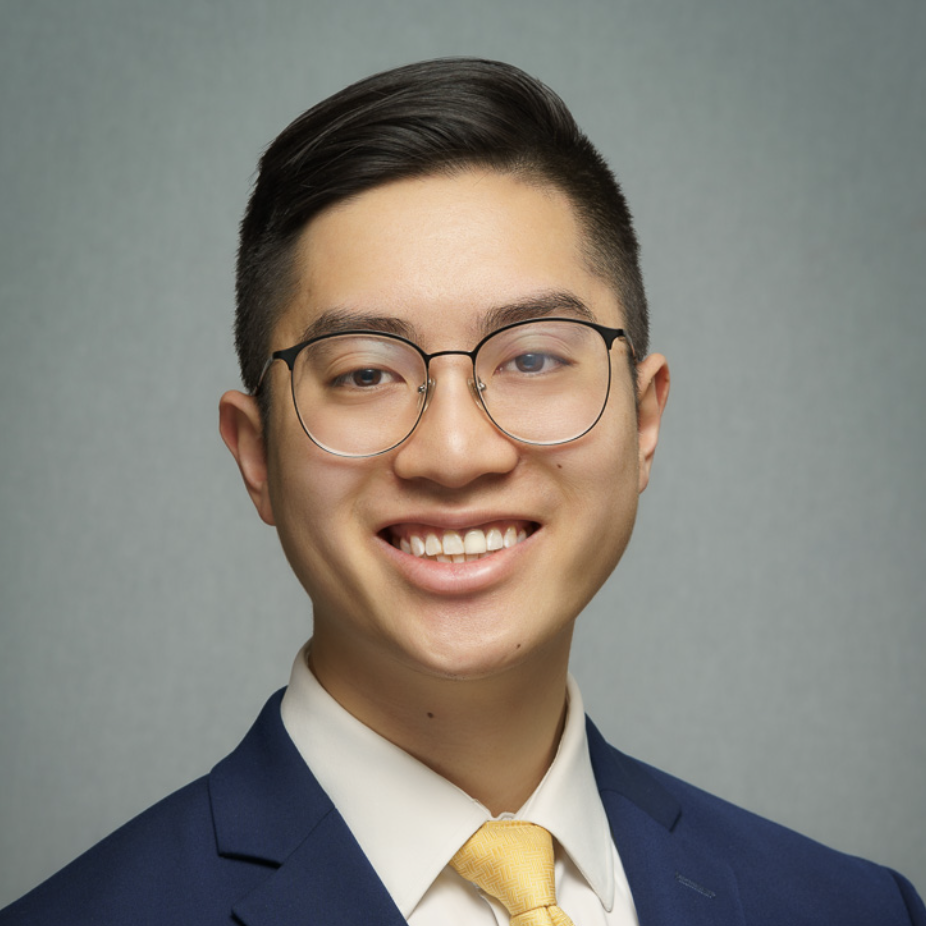
Anthony Nguyen
He/Him/His
University of California, San Francisco
Erin Kim
She/Her/Hers
Chicago Medical School at Rosalind Franklin University
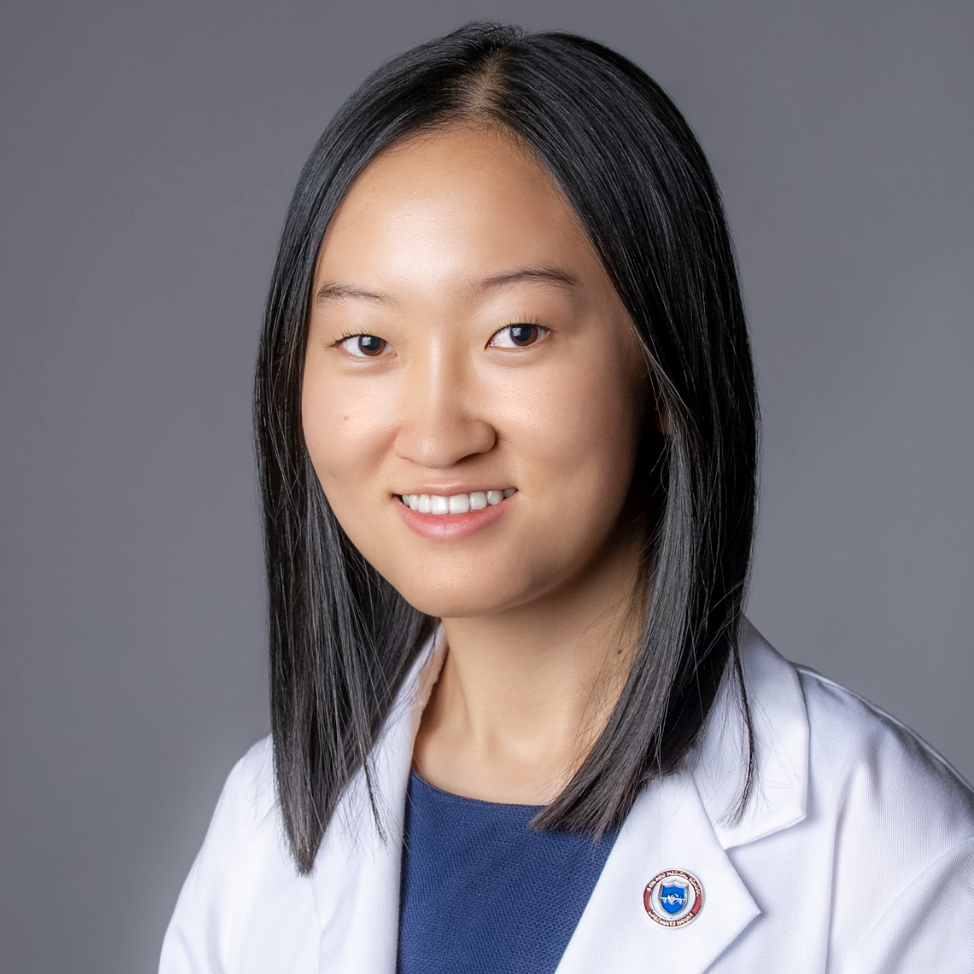
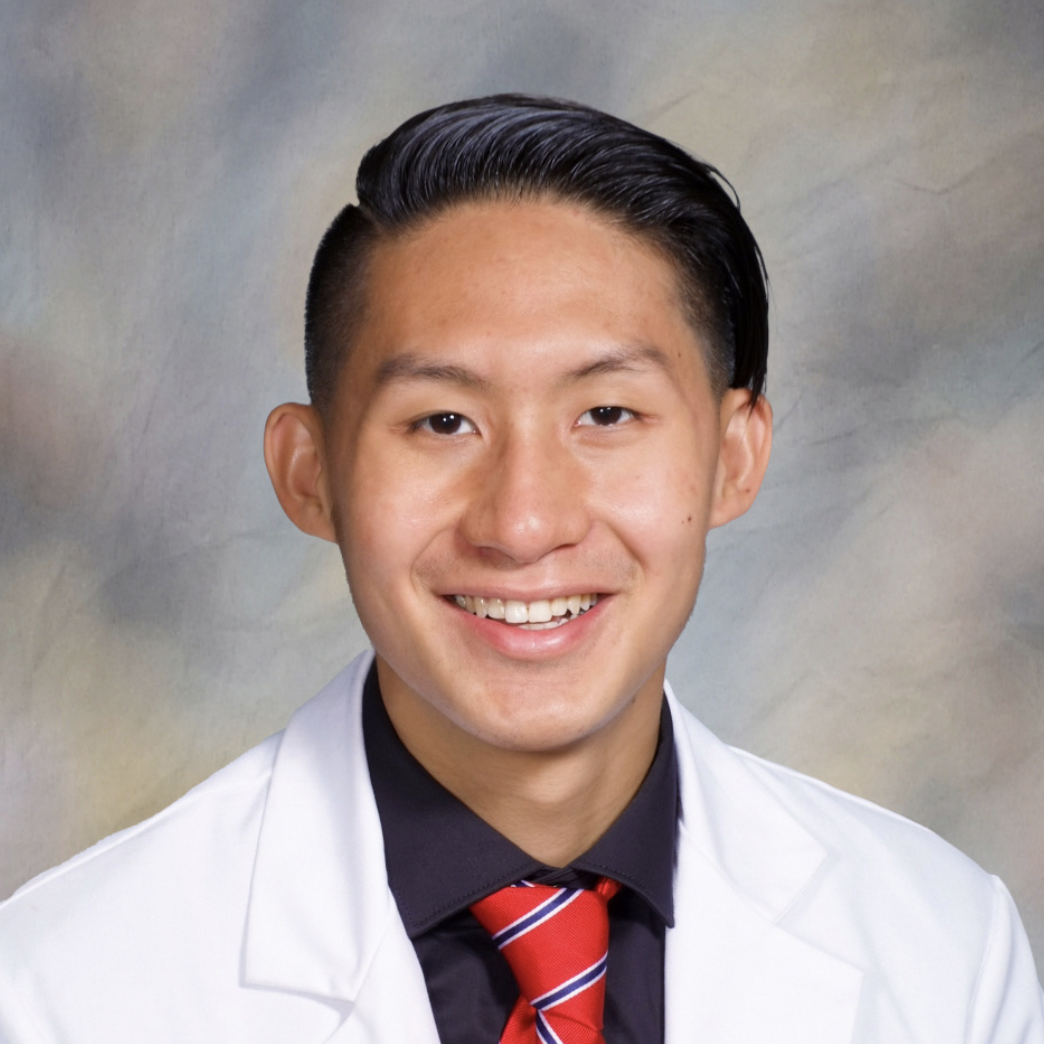
Austin Yang
He/Him/His
Renaissance School of Medicine at Stony Brook University
Lauren S. Kang
She/Her/Hers
The University of Chicago Pritzker School of Medicine
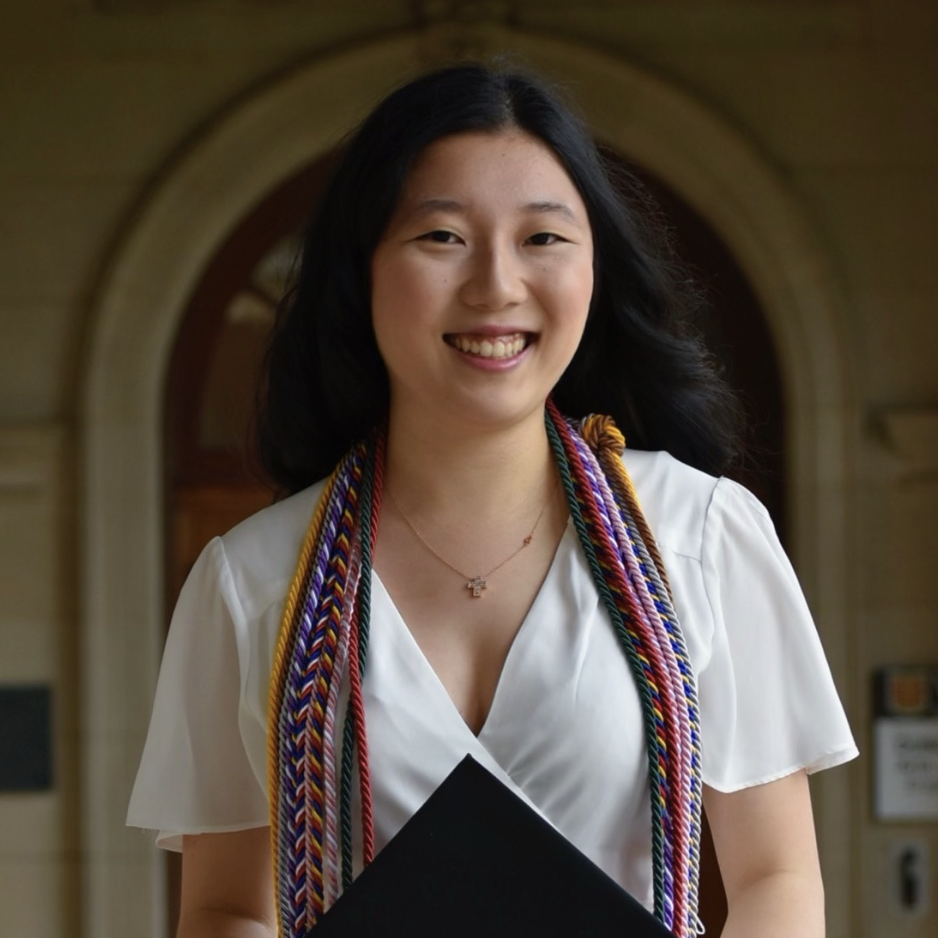
Jasmine Haraburda
She/Her/Hers
The University of Cincinnati College of Medicine
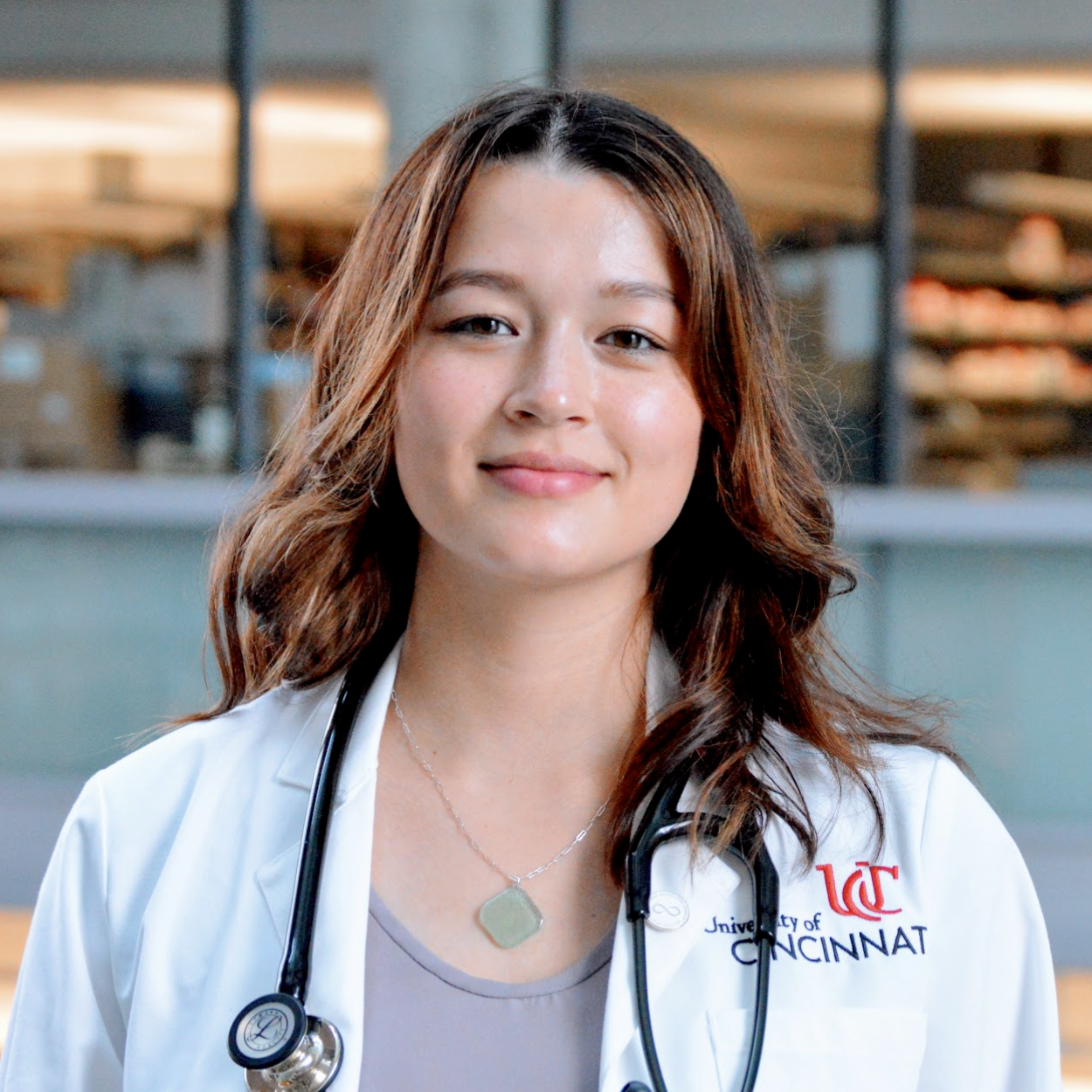
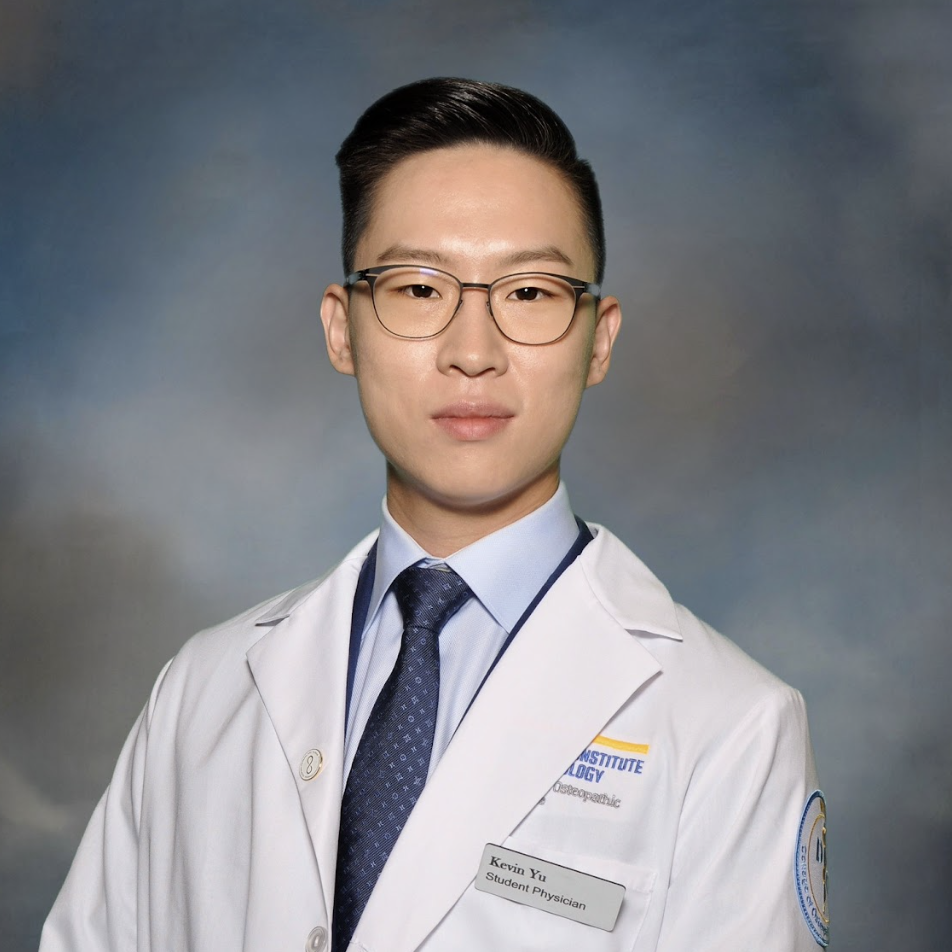
Kevin Yu
He/Him/His
NYITCOM
Jamyang Choedon
She/Her/Hers
Touro COM Harlem
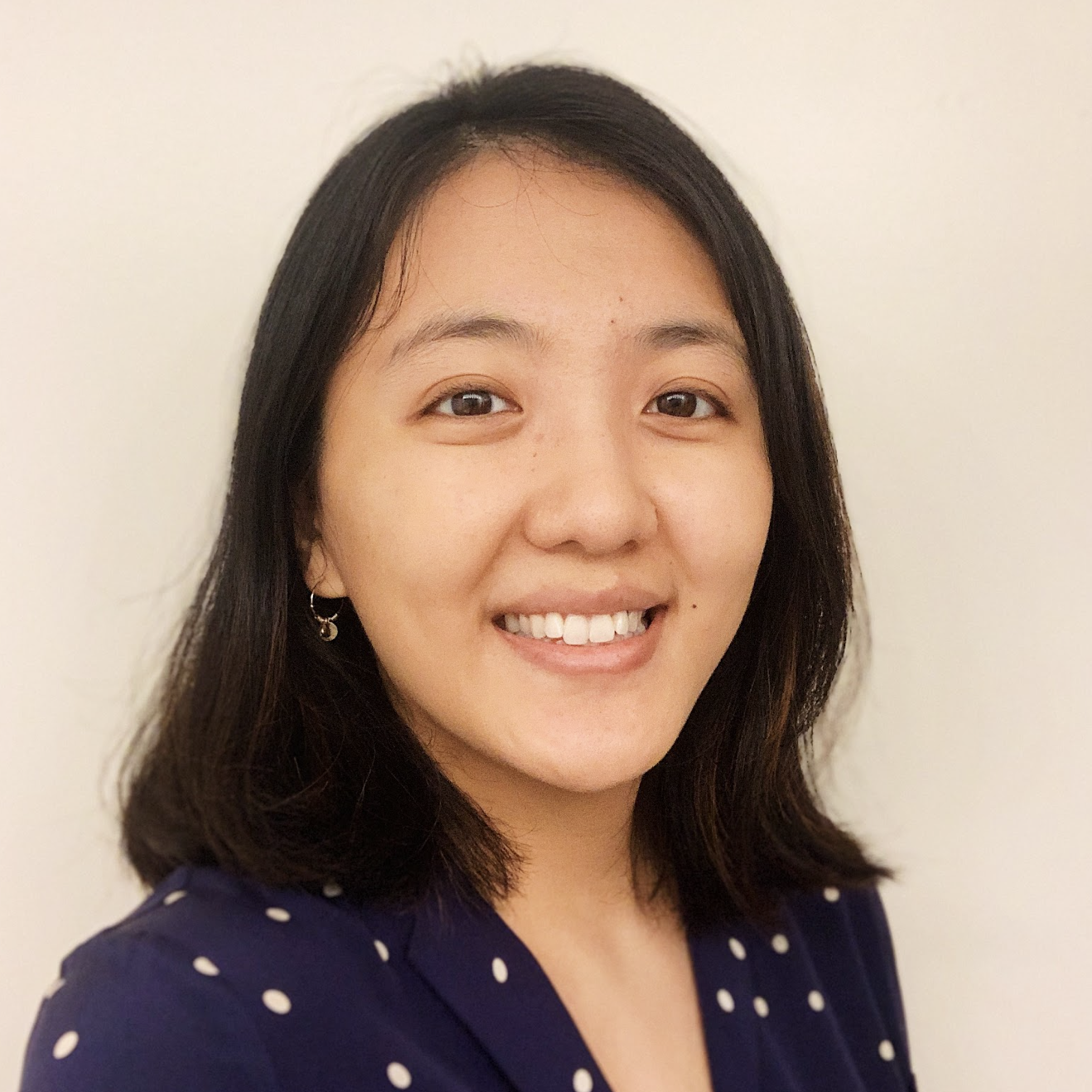

Danny Domingo
He/Him/His
Western University of Health Sciences
Bunnarin Theng
He/Him/His
University of Texas Medical Branch at Galveston
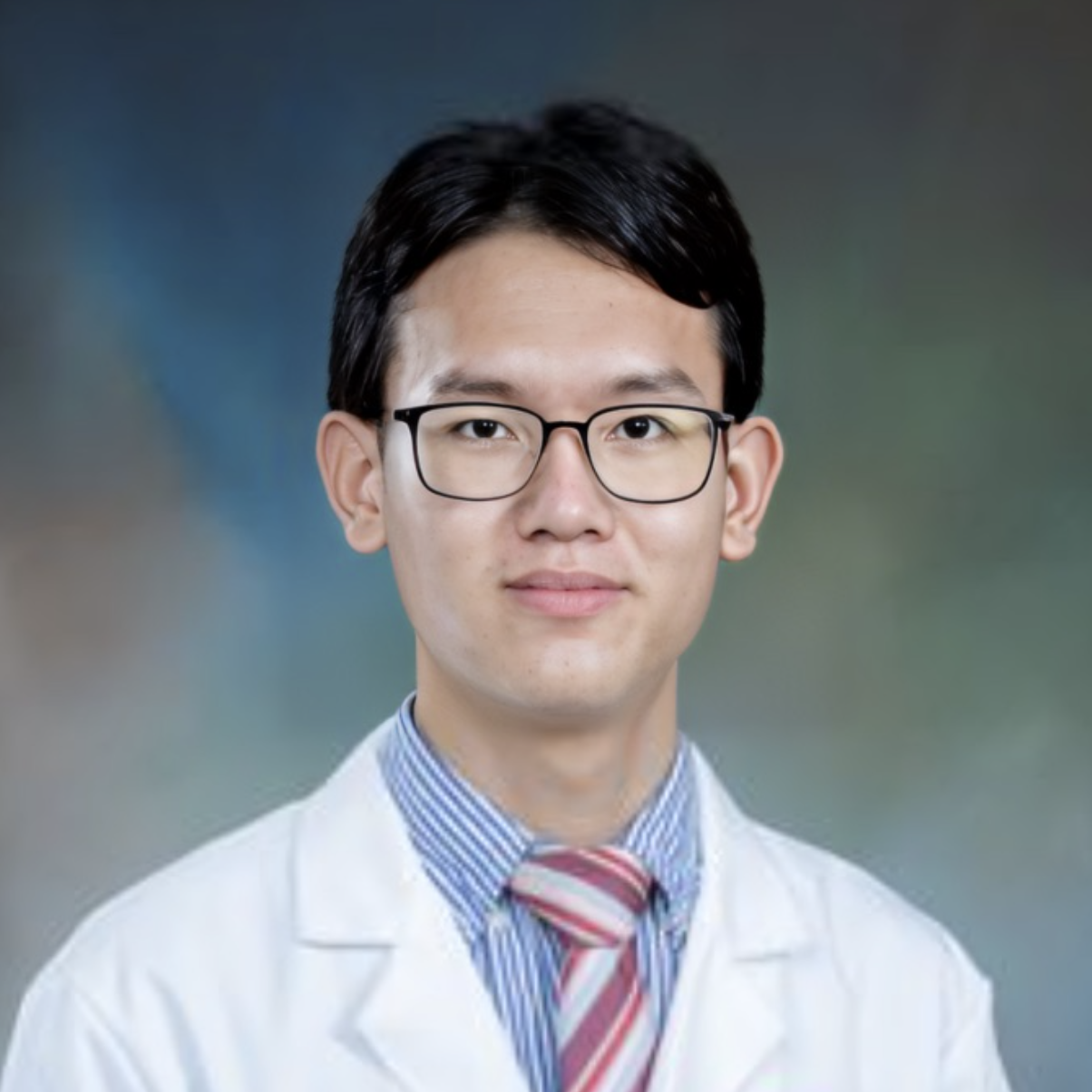
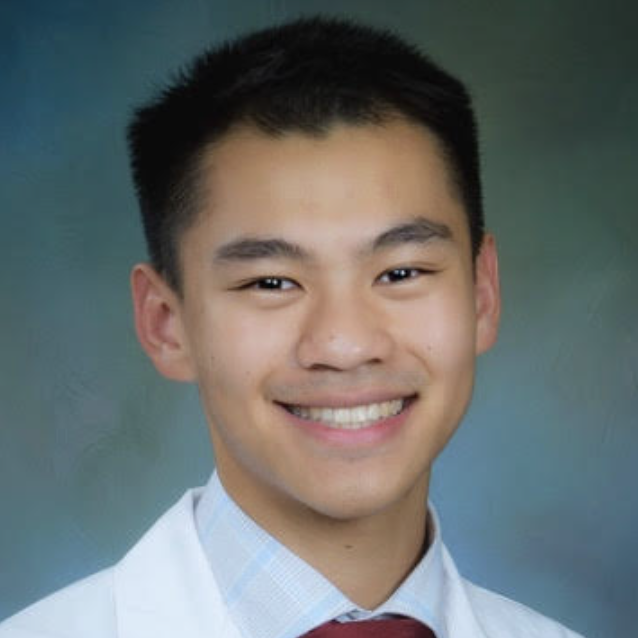
David Wang
He/Him/His
University of Texas Medical Branch at Galveston
Robert Hu
He/Him/His
Creighton University School of Medicine
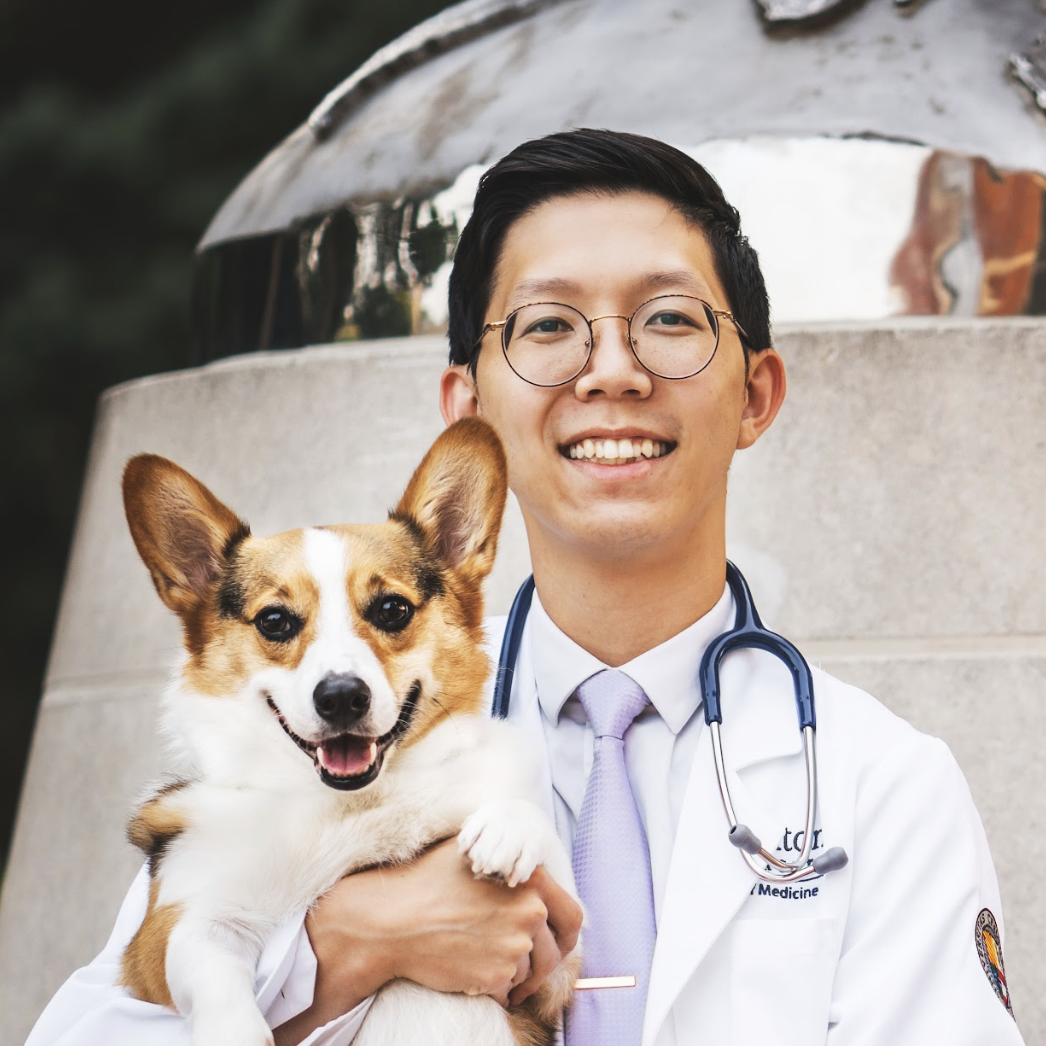
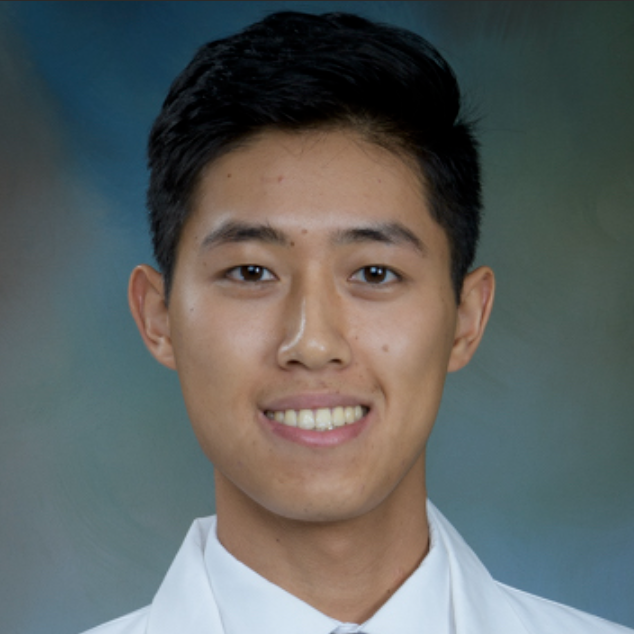
Peter Wang
He/Him/His
University of Texas Medical Branch
Justin Yun
He/Him/His
University of Texas Medical Branch
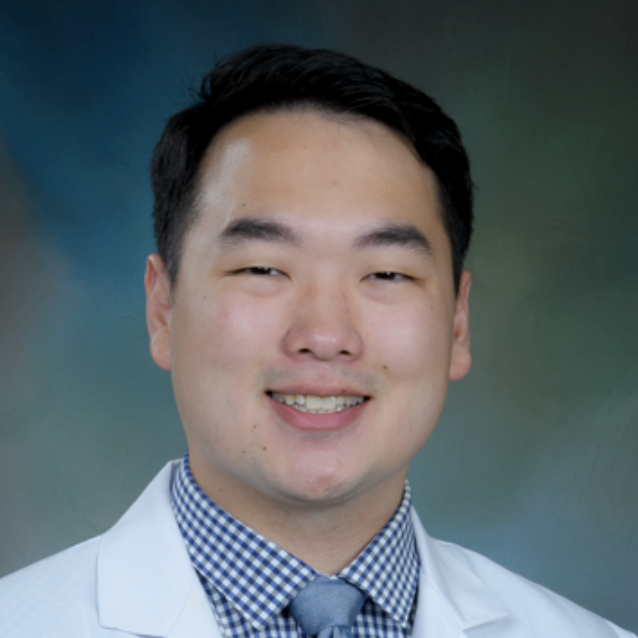
Yanxin Chen
She/Her/Hers
UTHSC

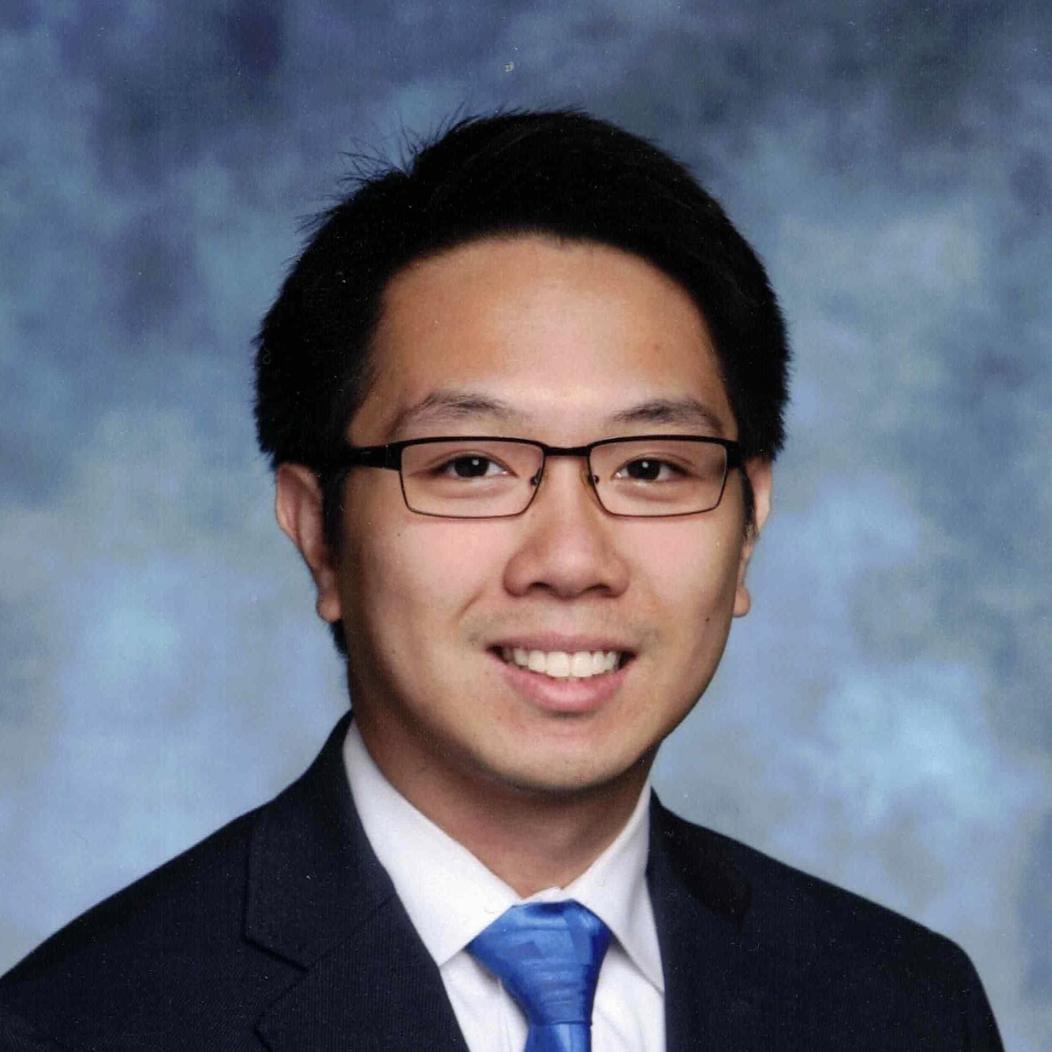
Davis Tran
He/Him/His
University of Virginia School of Medicine
Carina Tse
She/Her/Hers
Philadelphia College of Osteopathic Medicine

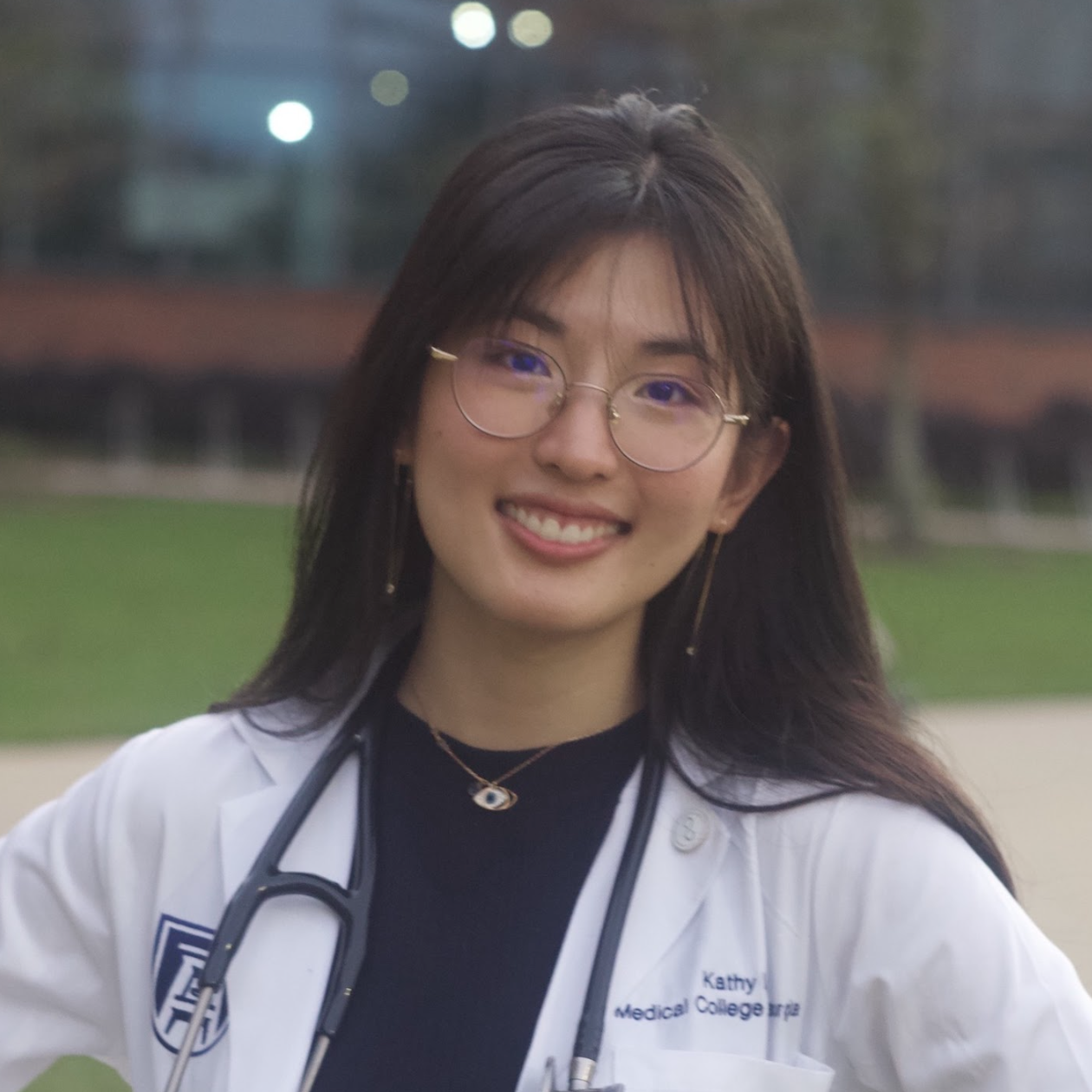
Kathy Li
She/Her/Hers
Medical College of Georgia
Chairs:
Speaker Relations – Avery Zhou and Michelle Zhu
Logistics – Nataliyah Tahir and Eric Chio
Finance – Kenny Do
Communications – Tiffany Chen
Speaker Relations
- Liasion – Leah Yim
- Liasion – Kim Inciong
Communications
- Website – Celica Cosme
- Swag – Claire Ong
- Design – Allen Zhang
Logistics
- Registration – Michelle Zhang
- Volunteer – Charissa Alo
Finance
- Sponsorship – Mira Dani
- Food – Gemma Lagasca
Past National Boards
Victoria Cegielski, Alumni Co-Director

Network Director
Hi everyone! My name is Victoria Cegielski and I am a fifth-year student in the University of Missouri-Kansas City School of Medicine six-year medical program. I am academically interested in ophthalmology, with concurrent research interests in ophthalmology and neurophysiology.
Outside of school, I have served on APAMSA National Board as Social Media Director, Region VI Director, and am super excited to work this coming year as Alumni Director!
Originally from Washington state, moving from Seattle to Kansas City was a difficult transition for me; I struggled with finding a true sense of belonging. Getting involved with APAMSA was my turning point, connecting me with local and national AANHPI community members who showed me my sense of purpose.
I would not be where I am today without the support of our alumni; for this, I am beyond grateful. Thus, I seek to facilitate mentorship for the upcoming generations of our APAMSA members in my role this next year!
Wendy Yang, Region IV Co-Director

Network Director
Hey everyone! My name is Wendy, and I’m currently a MS2 at USC-Greenville SOM. I was primarily raised in South Carolina, but went to Brandeis University for undergrad, where I received a B.S. in chemical biology and minored in music. After college, I worked in a molecular pathology lab for two years, and then decided to move back to the South for medical school. Outside of school, I enjoy playing in a community orchestra, running, hot yoga, and exploring coffee shops and bakeries. I’m super excited to serve as one of the region IV directors and am looking forward to growing together with APAMSA in this coming year!
Ethan Wen, Region VI Co-Director

Network Director
Hello! My name is Ethan Wen and I am an M2 at the Medical College of Wisconsin. I’ll be serving as one of your Region VI directors this year. I am born and raised in Wisconsin, obtaining my B.S. in Biochemistry and East Asian Studies at the University of Wisconsin-Madison. Outside of school, I enjoy staying active (running, tennis, lifting), anime (please give recs), and cooking (@ethancookingthings on IG!!). I also adopted a cat during my first year and it was one of the best decisions of my life – well, besides going into medicine ;).
Xueying Zheng, Editor Director

Network Director
Hello, my name is Xueying (Ying) and I am a MS2 at the University of Nevada, Reno School of Medicine. I was born in Guangdong, China but grew up in Las Vegas, Nevada. I previously served as my chapter’s Co-President and on the National Leadership Committee. I am very excited to be your Editor Director to continue serving the APAMSA community. In my free time, I love to cook, create arts/crafts, watch movies, and listen to/play music.
Erika Nguyen, Region V Co-Director

Network Director
Hi! My name is Erika Nguyen. I’m one of the Region V Directors, and I’m currently a third year at Wright State University Boonshoft School of Medicine in Dayton, OH. Before coming to medical school, I got my B.S. from the University of Cincinnati, and was involved in the Union of Vietnamese Student Associations of the Midwest. During medical school, I served as BSOM APAMSA Chapter President, and I really enjoyed the National APAMSA community. My interests include family medicine, mental health, and women’s health.Outside of school, I love to hangout with my dog, Bun, and lift weights at the gym. I’m also a big foodie and enjoy trying new restaurants!
Rowena Feng, Region VII Co-Director

Network Director
Hello! My name is Rowena and I’m currently an OMS-II at ATSU-SOMA. I’m excited for this opportunity to advocate and serve the AANHPI community as a regional director! In my free time, I enjoy taking spin classes, traveling, and going for coffee runs.
Jay Lee, Hepatitis B & C Co-Director

Network Director
Hi, my name is Jay Lee and I am a second-year at A.T. Still University School of Osteopathic Medicine in Arizona (ATSU SOMA). I currently serve as our local APAMSA chapter Co-President and House of Delegate representative. I am originally from Atlantic City, New Jersey and went to undergrad at Rutgers University. At Rutgers I worked at the Asian American Cultural Center as a program planner and was a member of our undergrad APAMSA chapter. Hosting events for the AANHPI community was one of my favorite experiences from college and it deepened my passion for social advocacy. Thus, I am excited to continue this work through National APAMSA. After graduating, I went on to work as a researcher at the Rutgers Chinese Health, Aging, and Policy Program focusing on traditional Chinese medications/treatment modalities. Outside of school, I love playing guitar, working out, snowboarding, hiking, and just about anything in nature!
Clara Nguyen, Region VII Co-Director

Network Director
Growing up the daughter of Vietnamese refugees in Orange County, CA, I have felt the impact of and participated in advocacy for most of my life. As an undergraduate at UCLA, I pursued a double major in Human Biology and Asian American Studies to examine how histories from people like my parents could play a role in better medical care and health outcomes for underrepresented populations, especially AAPI communities. My love for working with AAPI peers was mobilized through student organizations such as Southeast Asian Admit Weekend and Vietnamese Culture Night. My desire to apply my studies and leadership toward addressing health inequities materialized in my work with non-profit community-based organizations like Asian Health Services and California Healthy Nail Salon Collaborative, where I phone-banked, created social media campaigns, and conduced policy advocacy to support AAPI women immigrant laborers. Now I am back at UCLA once again, pursuing my MD/MPH with an emphasis on health policy and management. As a medical student, I have had the privilege of co-chairing Health Disparities in our APAMSA chapter. I hope to continue my research in intergenerational trauma and women’s mental health in AAPI populations, ultimately supporting the community that raised me.
